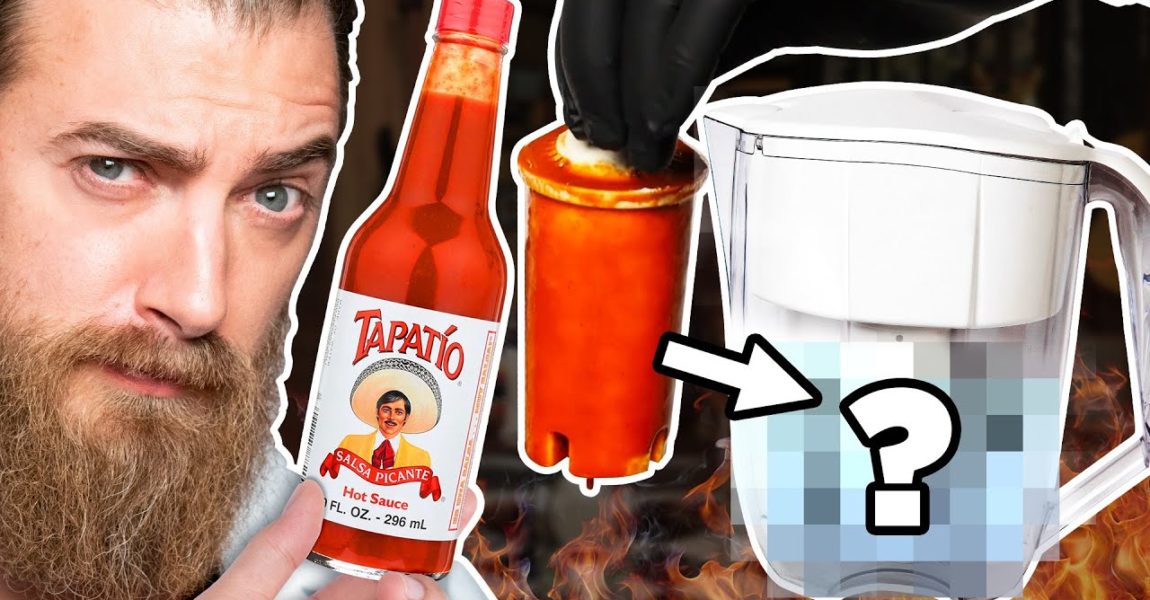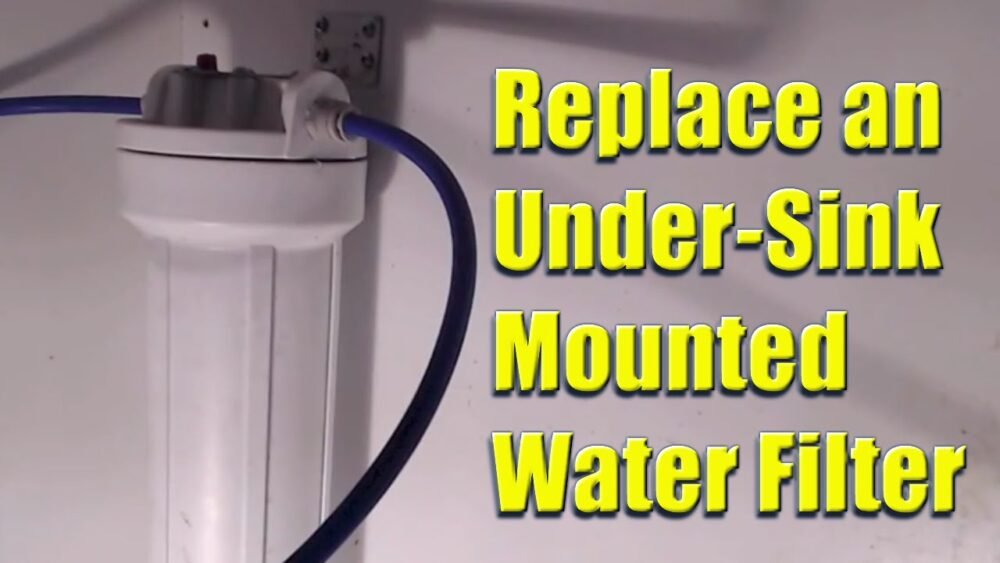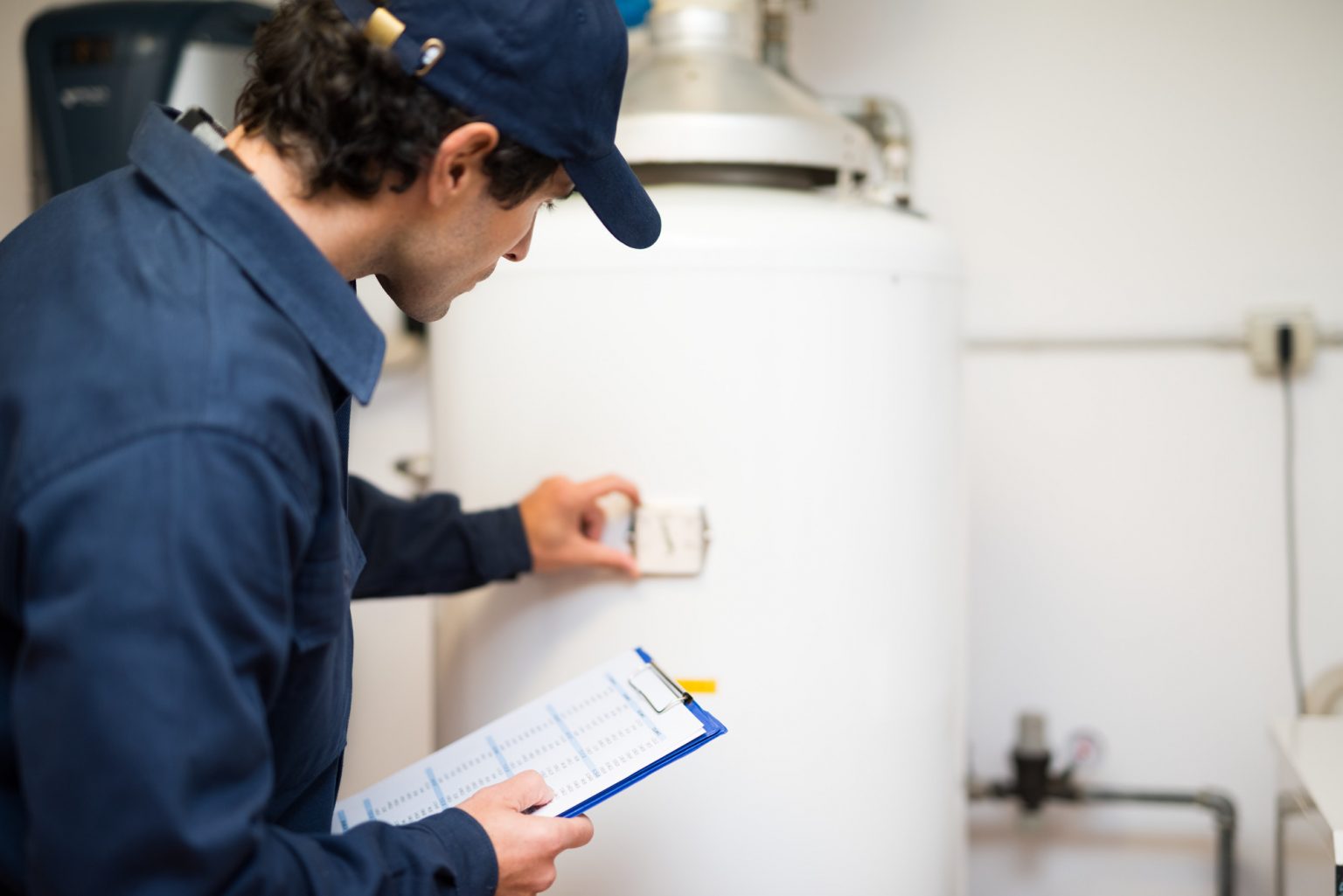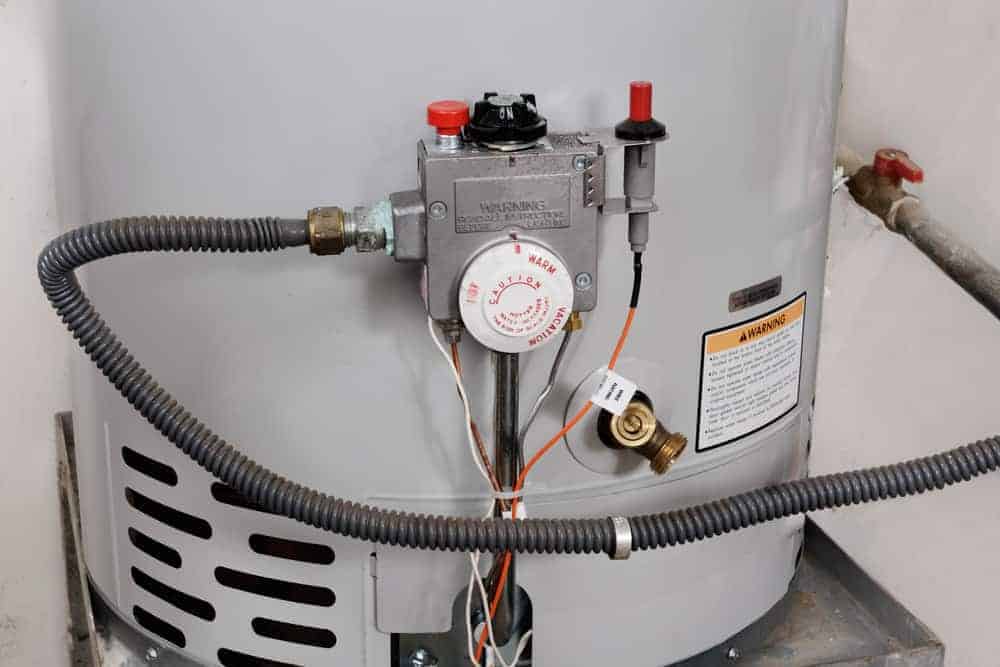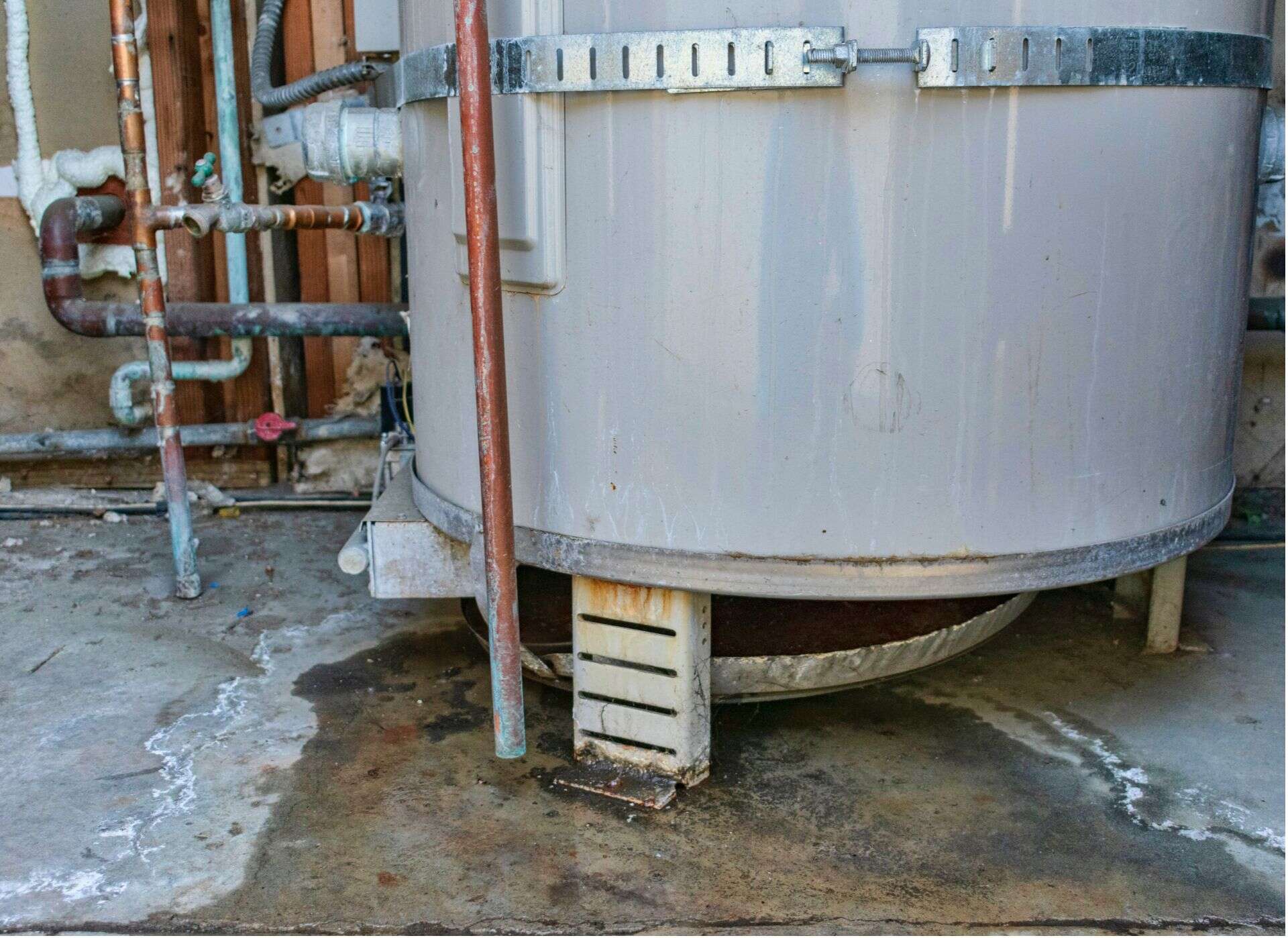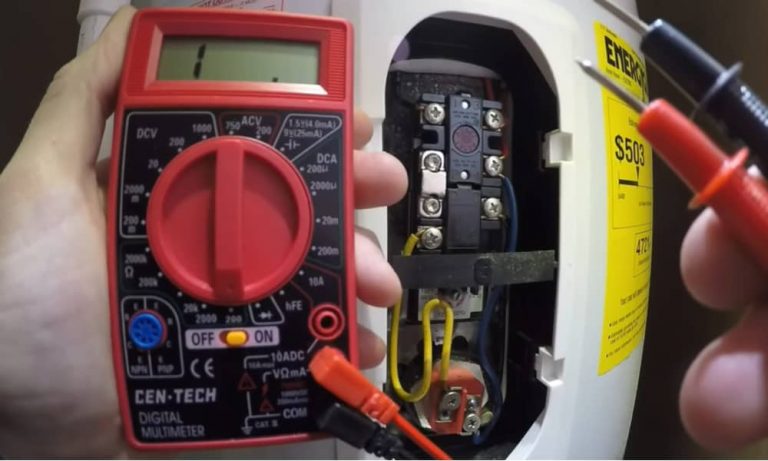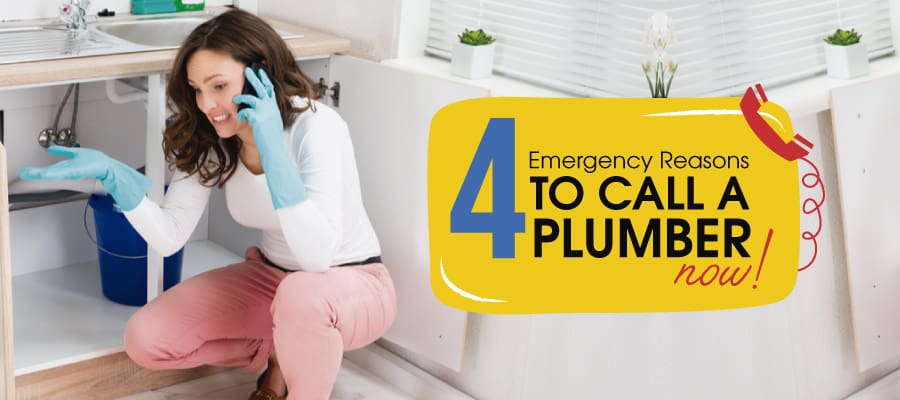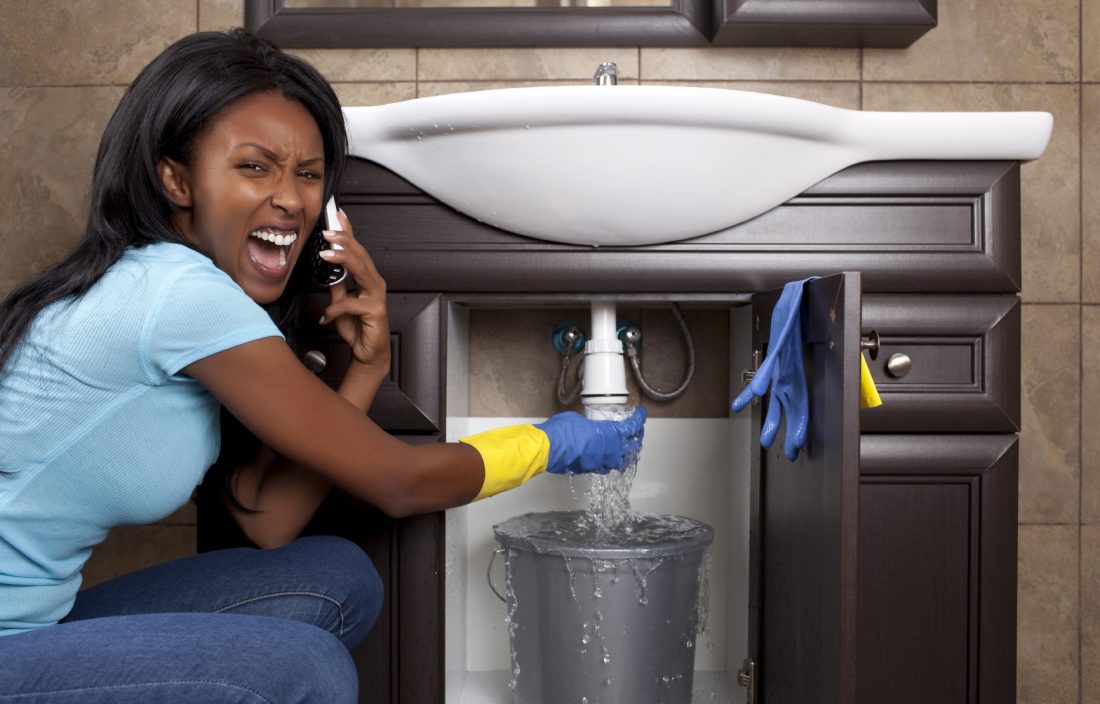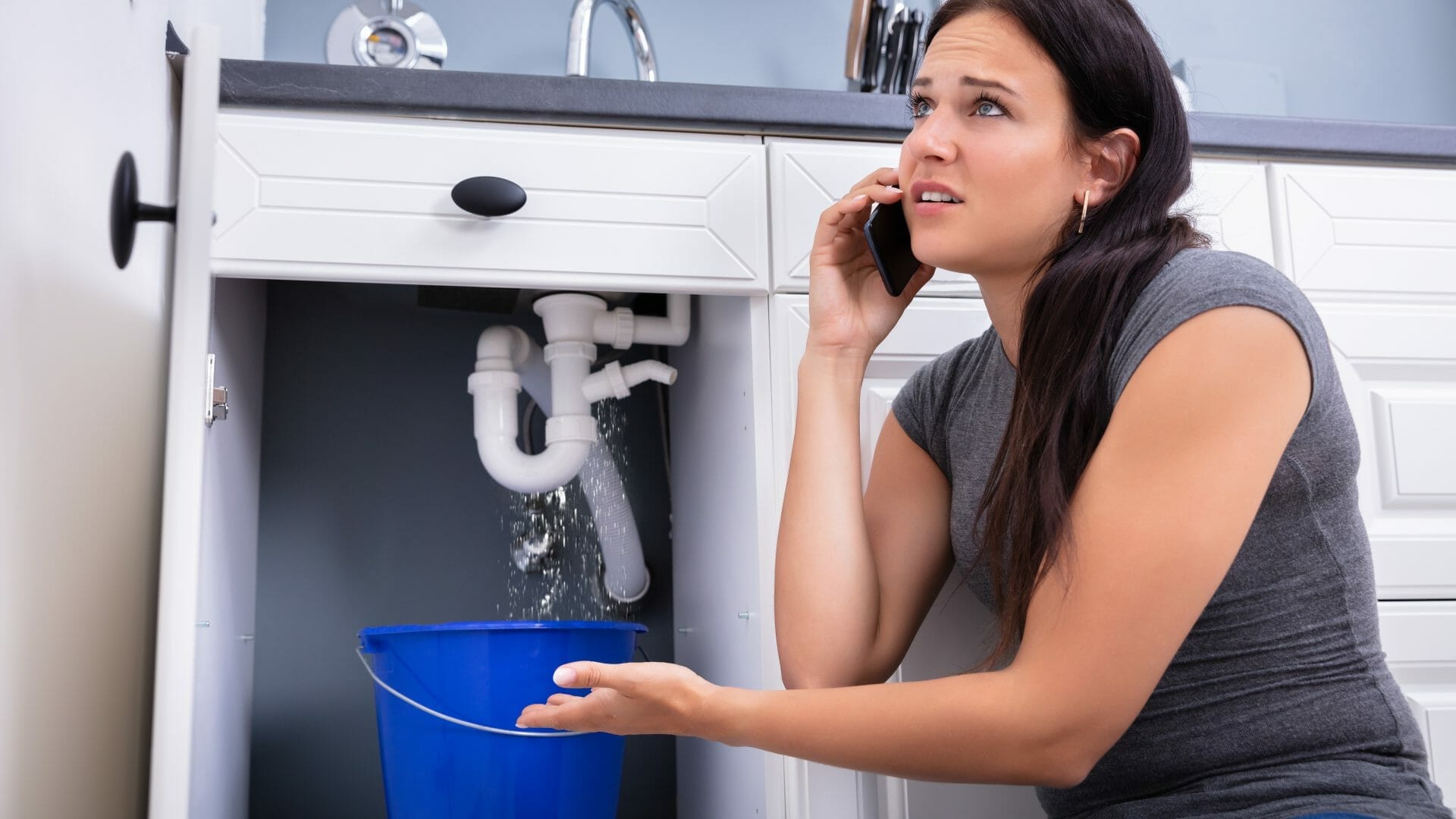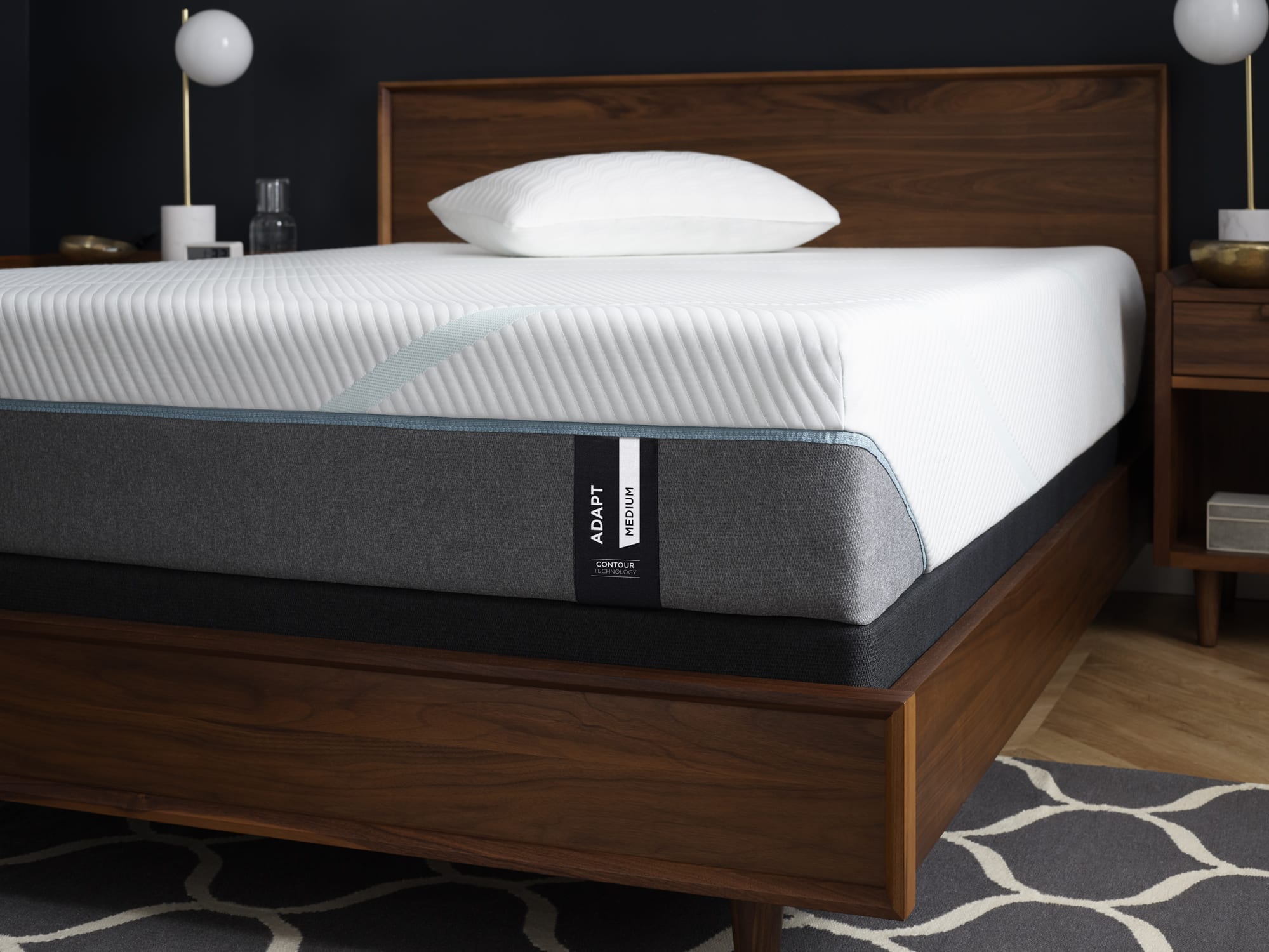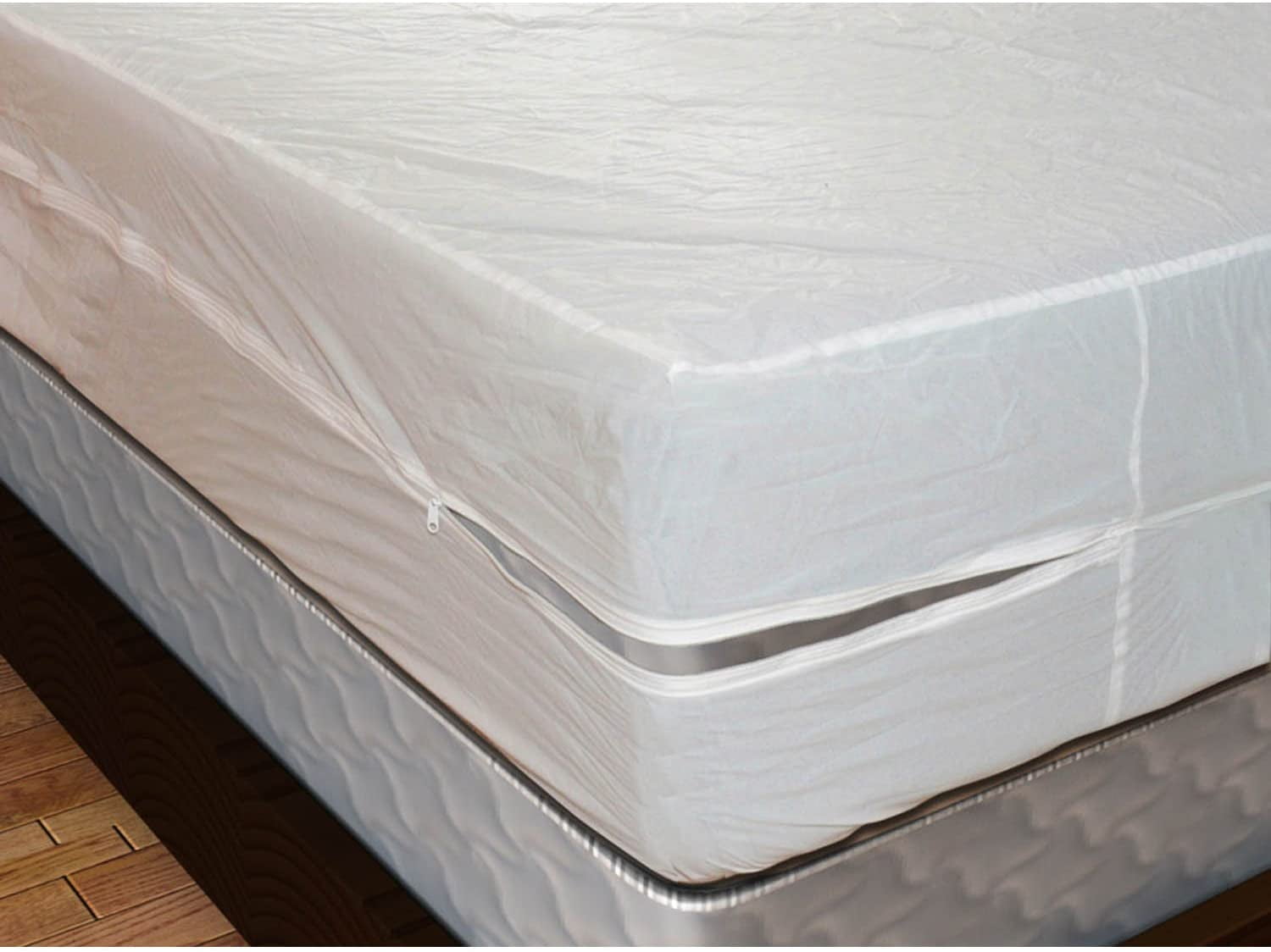If you're experiencing a sudden loss of water pressure at your kitchen sink, the first thing you should do is check the aerator. This small mesh screen is located at the end of your faucet and can easily become clogged with mineral deposits or debris. Simply unscrew the aerator and clean it out with a toothbrush or soak it in a vinegar solution to remove any buildup. This simple fix can often restore your water pressure back to normal.1. Check the aerator
If your aerator is clean and you're still experiencing low water pressure, the next step is to check the water supply. Make sure the main shut-off valve for your home is fully open and that there are no other valves turned off along the water line to your kitchen sink. If you have recently had any plumbing work done, it's possible that a valve was accidentally left partially closed, causing a decrease in water pressure.2. Check the water supply
Clogged pipes can also be a common culprit for low water pressure at the kitchen sink. Over time, debris, grease, and other materials can build up in your pipes, restricting the flow of water. You can try using a plunger or a drain snake to clear any clogs, or you may need to call a plumber for more extensive cleaning or repairs.3. Check the pipes for clogs
Most sinks have a separate shut-off valve located under the sink. This valve controls the flow of water to your kitchen faucet. If this valve is partially closed, it can cause a decrease in water pressure. Make sure the valve is fully open and try running the water again to see if this helps.4. Check the shut-off valve
If you have low water pressure throughout your entire home, the issue may lie with your water pressure regulator. This valve is typically located near the main shut-off valve and is responsible for regulating the overall water pressure in your home. If this valve is not functioning properly, it can cause low water pressure in all of your faucets. A plumber can help you adjust or replace the valve if needed.5. Check the water pressure regulator
Leaks in your plumbing can also contribute to a decrease in water pressure at your kitchen sink. Inspect the pipes under your sink for any signs of leaks and repair them as needed. Even small leaks can lead to a significant loss of water pressure over time.6. Check for leaks
The faucet cartridge is the mechanism inside your faucet that controls the water flow. Over time, this cartridge can become worn out or clogged, leading to a decrease in water pressure. If cleaning the aerator did not improve your water pressure, you may need to replace the faucet cartridge. Consult your faucet's manual or a plumber for instructions on how to do this.7. Check the faucet cartridge
If your kitchen sink has a water filter, it's important to regularly replace it according to the manufacturer's instructions. A clogged or dirty filter can greatly impact your water pressure. If you're unsure of how to replace the filter, consult the manual or call a plumber for assistance.8. Check the water filter
If you're experiencing low water pressure only when using hot water, the issue may be with your hot water heater. Over time, sediment can build up in the tank, affecting the overall water pressure. Flushing your hot water heater can help remove this buildup and improve your water pressure. If you're not comfortable doing this yourself, contact a plumber for assistance.9. Check the hot water heater
If none of the above solutions have improved your water pressure, it's time to call a professional plumber. They will have the knowledge and tools to diagnose the issue and provide a solution. It's important to address low water pressure as soon as possible, as it can be a sign of a larger plumbing issue that could lead to more costly repairs if left untreated.10. Call a plumber
Additional Reasons for Losing Water Pressure at the Kitchen Sink

Blocked Pipes
 One of the most common reasons for experiencing low water pressure at the kitchen sink is due to blocked pipes. Over time, pipes can become clogged with debris, mineral deposits, and other buildup that restricts the flow of water. This can be caused by old or corroded pipes, or even by items accidentally flushed down the drain. To fix this issue, it is important to regularly clean and maintain your pipes to prevent blockages.
One of the most common reasons for experiencing low water pressure at the kitchen sink is due to blocked pipes. Over time, pipes can become clogged with debris, mineral deposits, and other buildup that restricts the flow of water. This can be caused by old or corroded pipes, or even by items accidentally flushed down the drain. To fix this issue, it is important to regularly clean and maintain your pipes to prevent blockages.
Faulty Faucet or Aerator
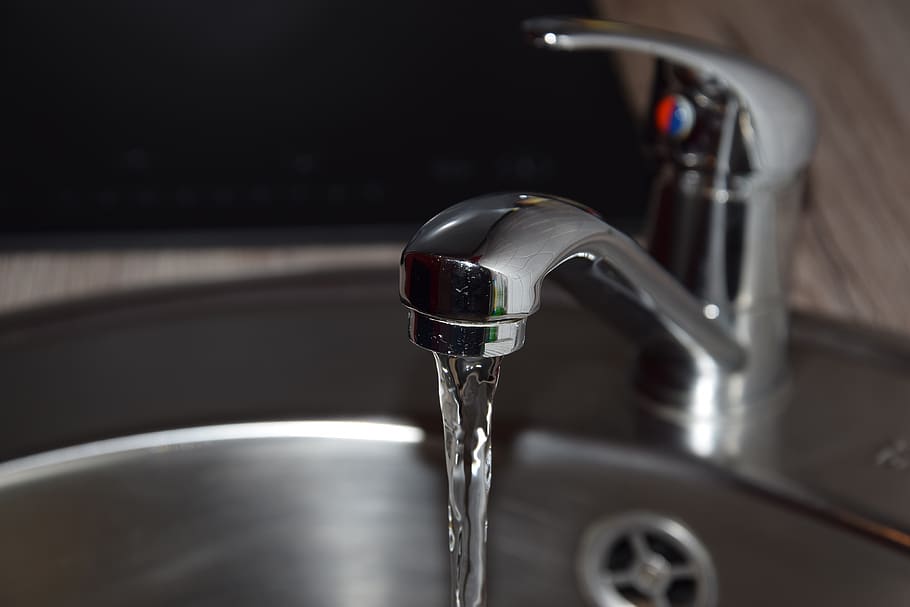 Another possible culprit for low water pressure at the kitchen sink is a faulty faucet or aerator. Over time, the internal components of a faucet can wear out or become damaged, causing the flow of water to be restricted. Similarly, the aerator, which is a small mesh screen attached to the end of the faucet, can become clogged with debris and restrict the flow of water. In these cases, it may be necessary to replace the faucet or clean/replace the aerator to restore water pressure.
Another possible culprit for low water pressure at the kitchen sink is a faulty faucet or aerator. Over time, the internal components of a faucet can wear out or become damaged, causing the flow of water to be restricted. Similarly, the aerator, which is a small mesh screen attached to the end of the faucet, can become clogged with debris and restrict the flow of water. In these cases, it may be necessary to replace the faucet or clean/replace the aerator to restore water pressure.
Water Leaks
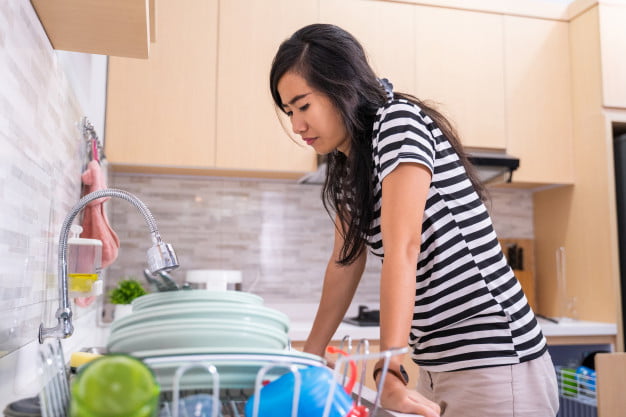 A less obvious reason for losing water pressure at the kitchen sink is the presence of water leaks. Even small leaks can cause a decrease in water pressure, as they divert water away from the intended destination. If you suspect a leak, it is important to have it repaired as soon as possible to prevent further damage and restore water pressure.
A less obvious reason for losing water pressure at the kitchen sink is the presence of water leaks. Even small leaks can cause a decrease in water pressure, as they divert water away from the intended destination. If you suspect a leak, it is important to have it repaired as soon as possible to prevent further damage and restore water pressure.
Water Supply Issues
 In some cases, the issue may not necessarily be with your pipes or faucet, but with the water supply itself. If your entire house is experiencing low water pressure, it is possible that there is an issue with the main water line or a problem at the water treatment plant. In this case, it is best to contact your local water provider to determine the cause of the issue and when it will be resolved.
In some cases, the issue may not necessarily be with your pipes or faucet, but with the water supply itself. If your entire house is experiencing low water pressure, it is possible that there is an issue with the main water line or a problem at the water treatment plant. In this case, it is best to contact your local water provider to determine the cause of the issue and when it will be resolved.
Conclusion
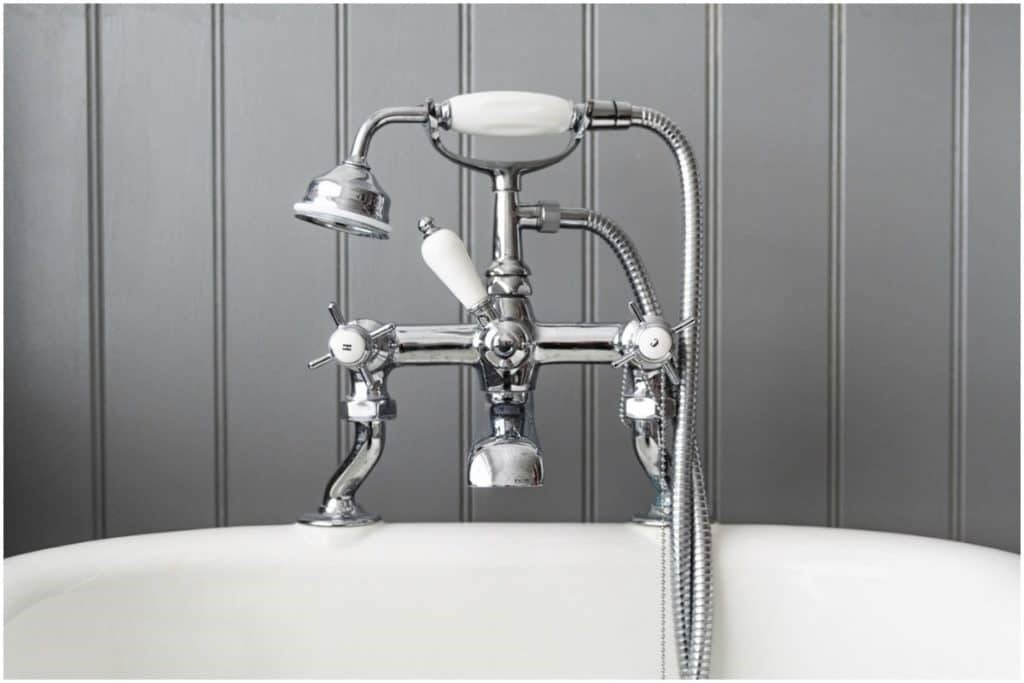 While losing water pressure at the kitchen sink can be frustrating, it is often a common and easily fixable issue. By understanding the potential causes and taking steps to address them, you can restore your water pressure and ensure a smoothly functioning kitchen sink. Regular maintenance and timely repairs can prevent future water pressure issues and keep your kitchen running smoothly.
While losing water pressure at the kitchen sink can be frustrating, it is often a common and easily fixable issue. By understanding the potential causes and taking steps to address them, you can restore your water pressure and ensure a smoothly functioning kitchen sink. Regular maintenance and timely repairs can prevent future water pressure issues and keep your kitchen running smoothly.


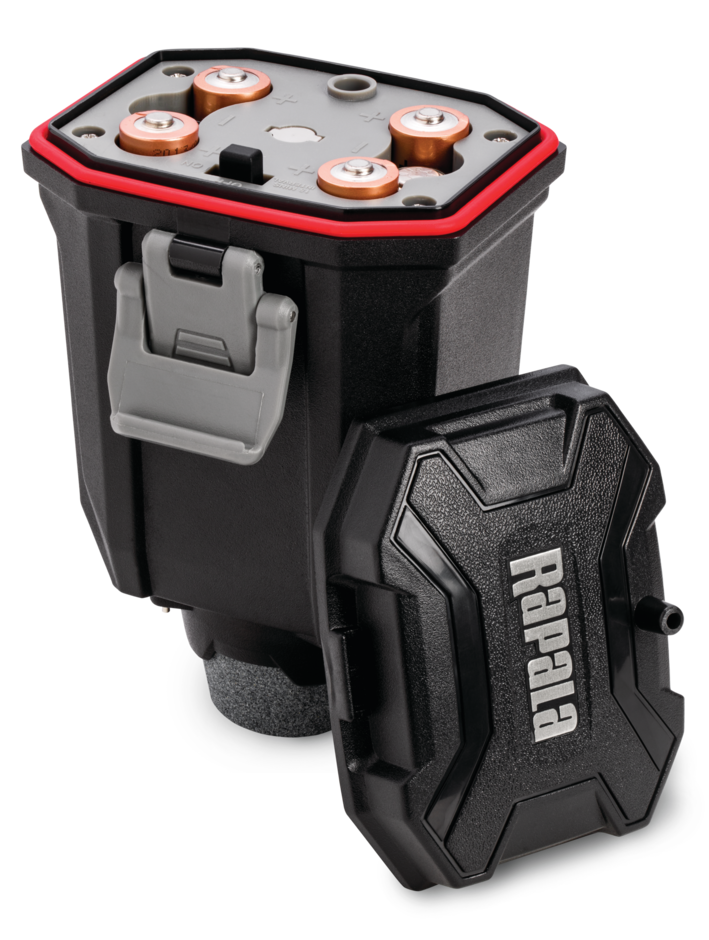
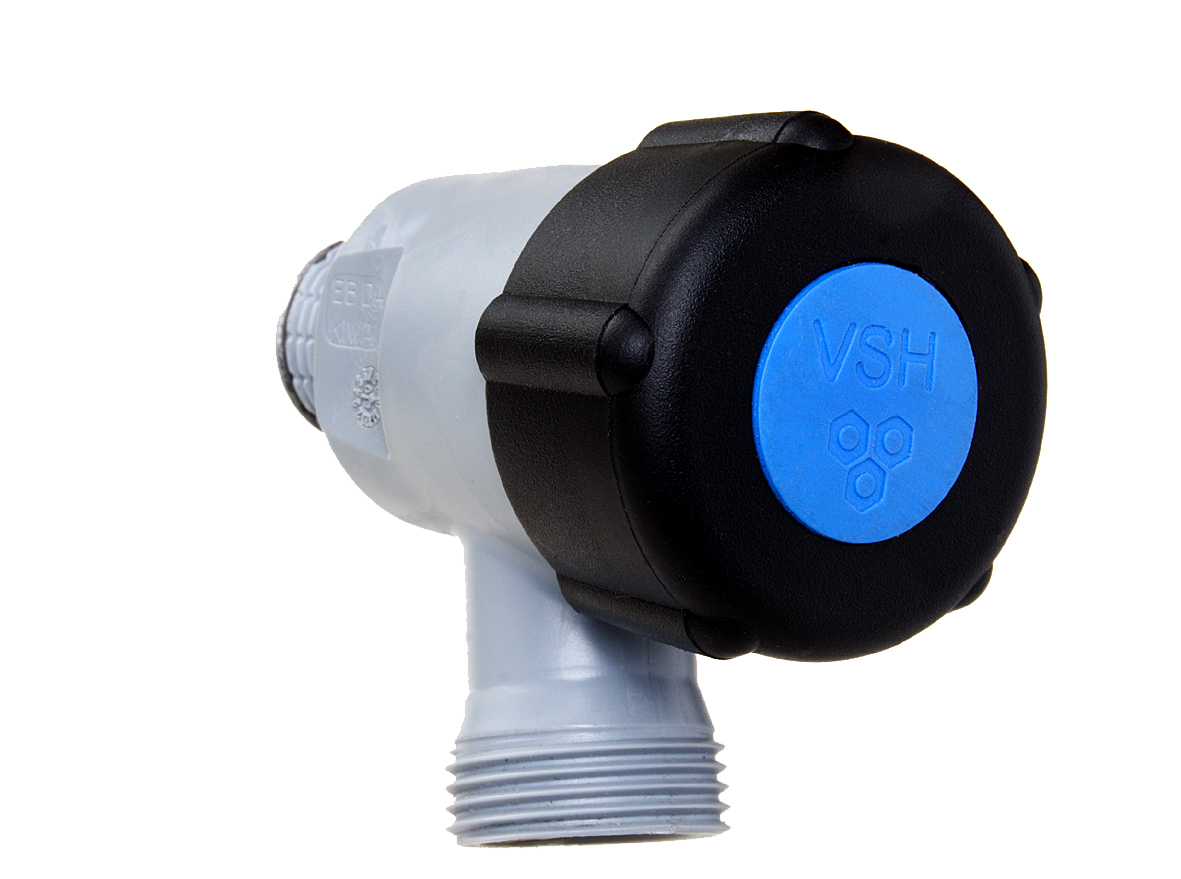






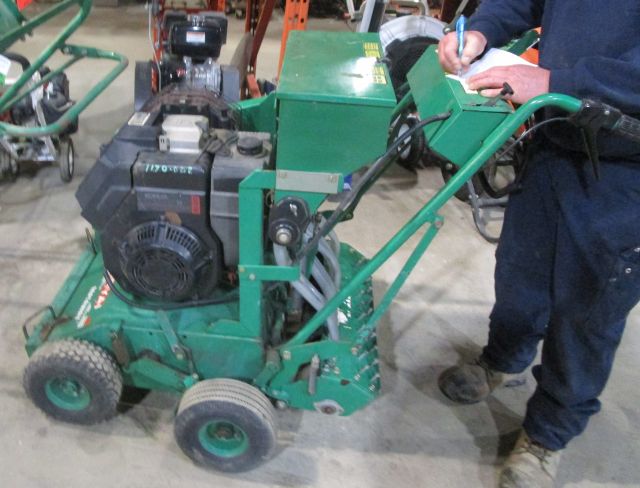
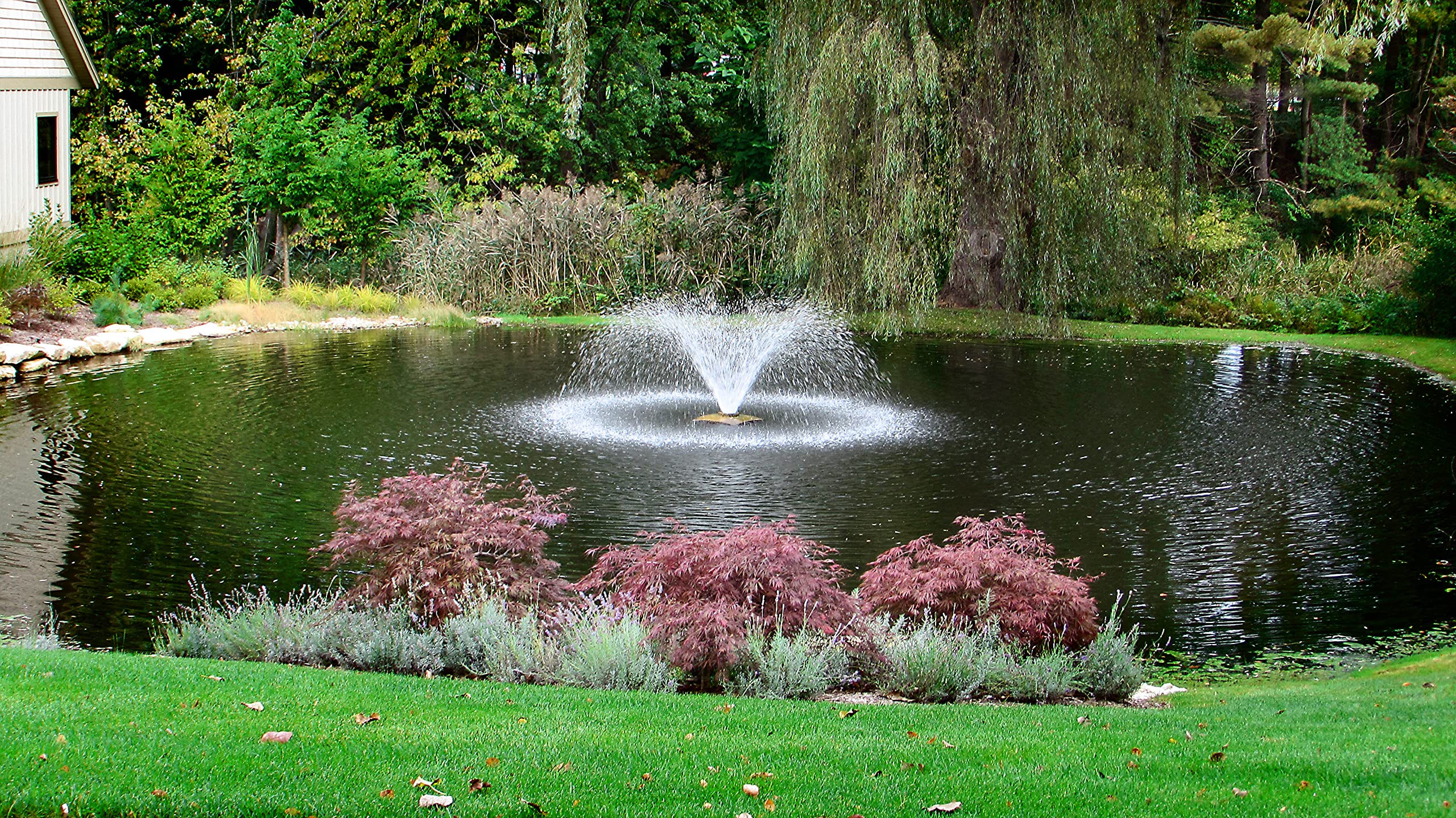

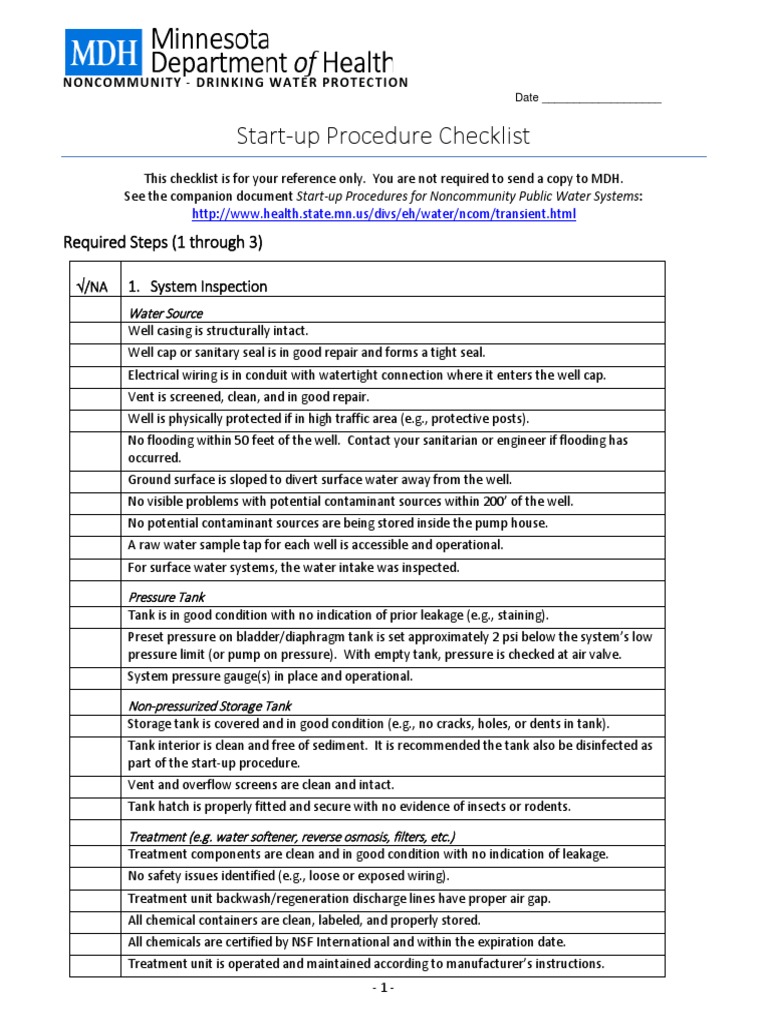

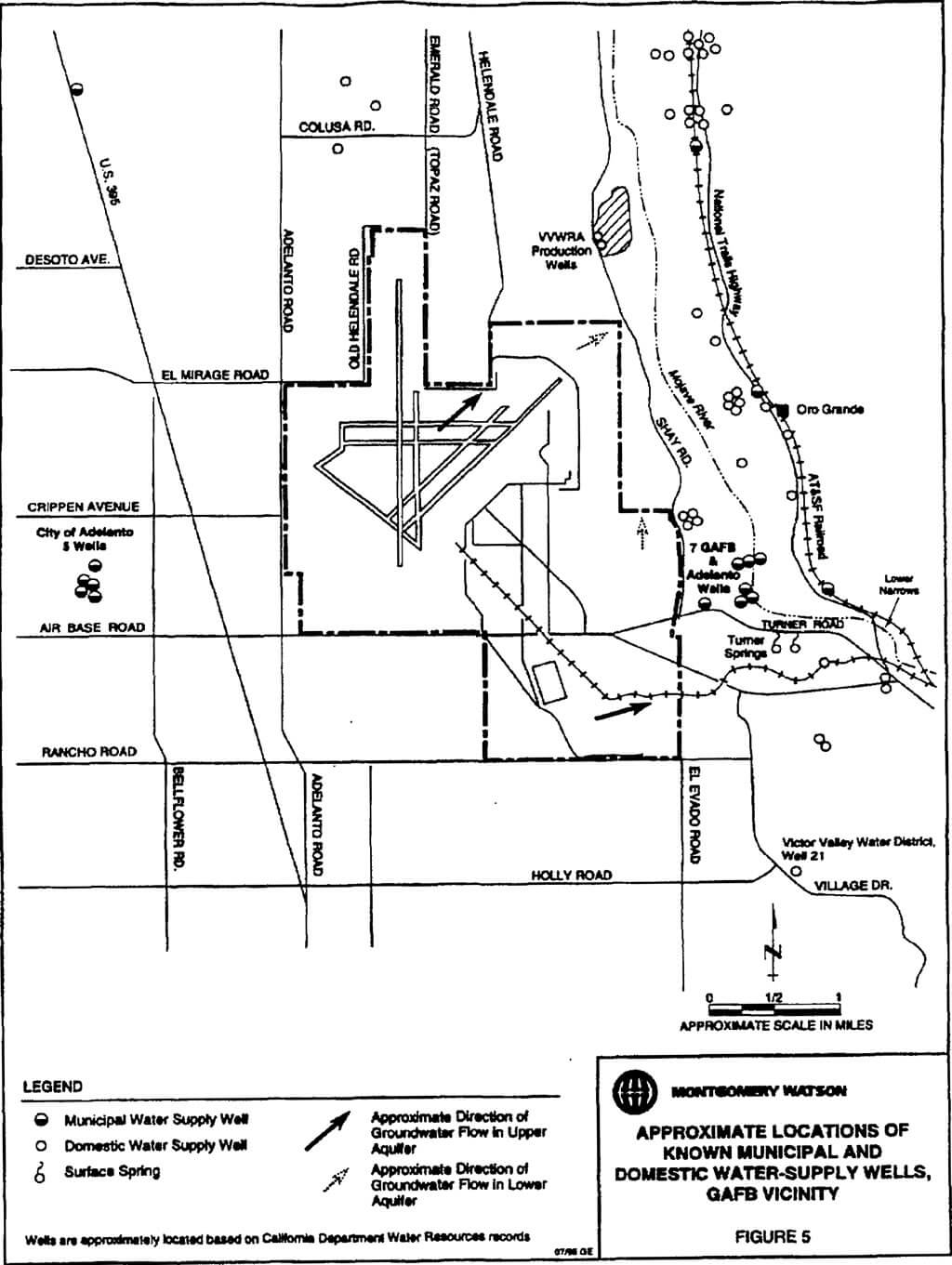
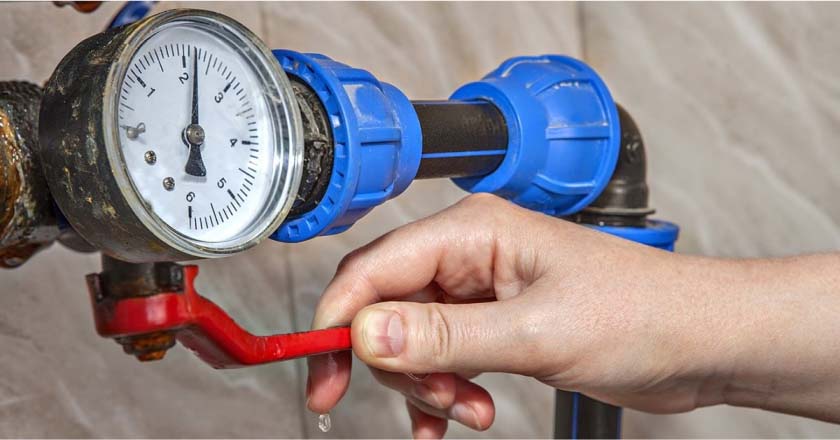
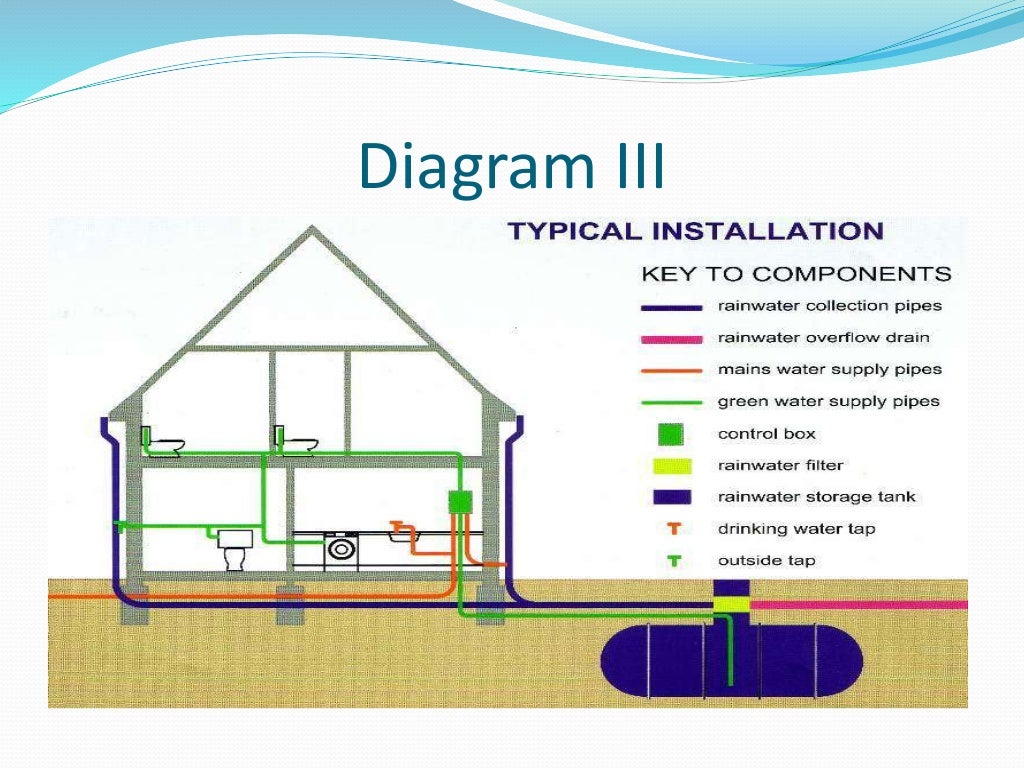


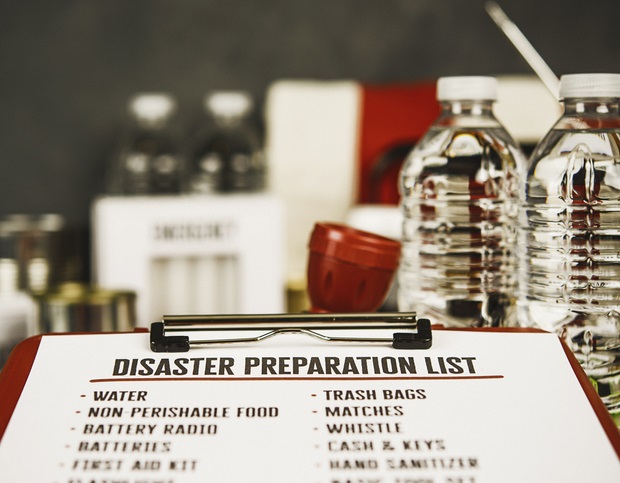








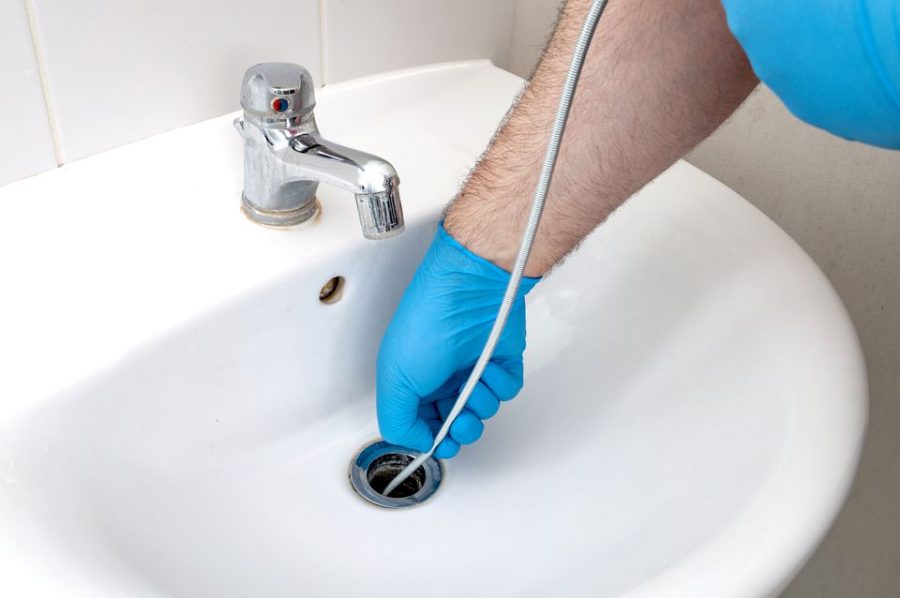






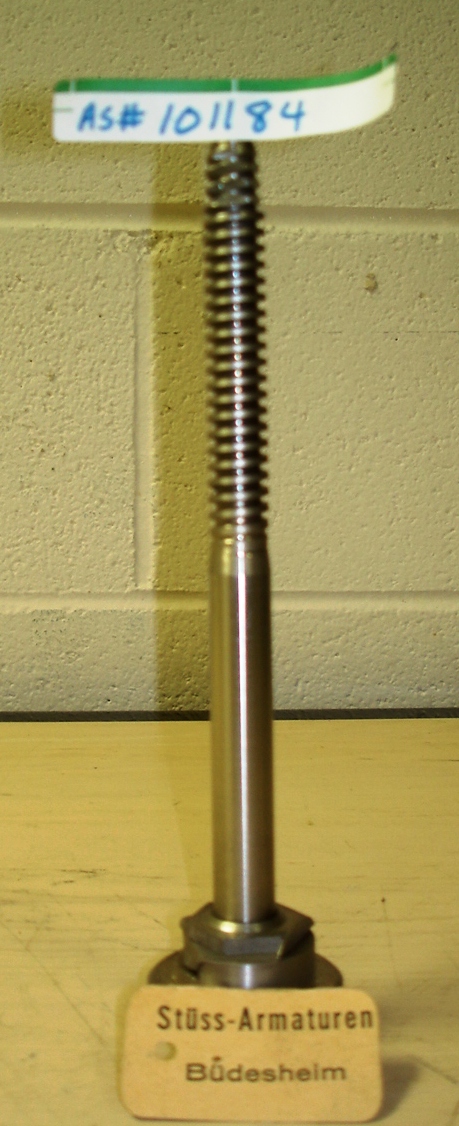
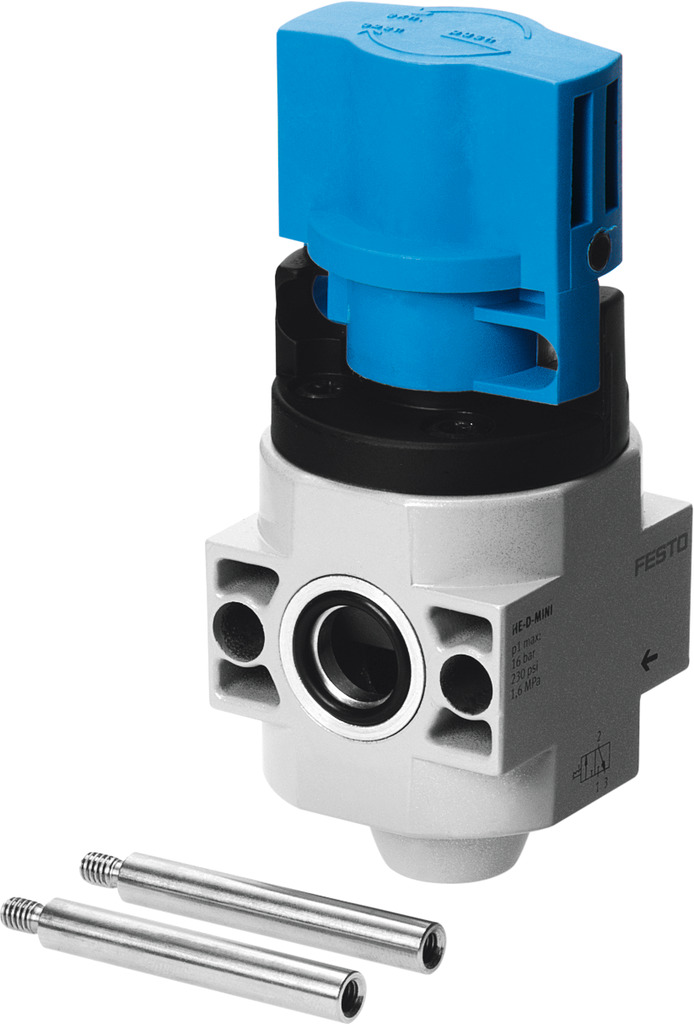
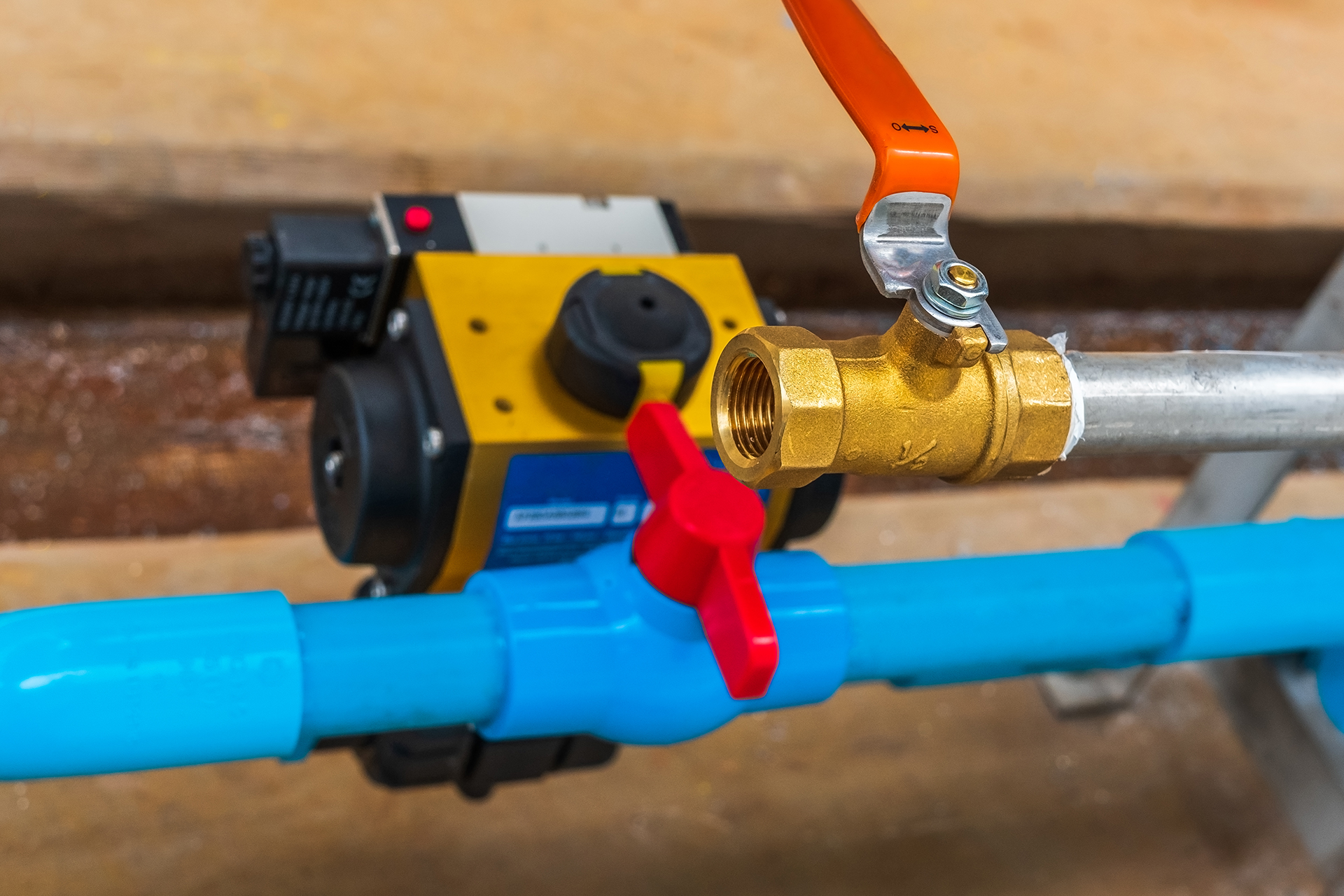
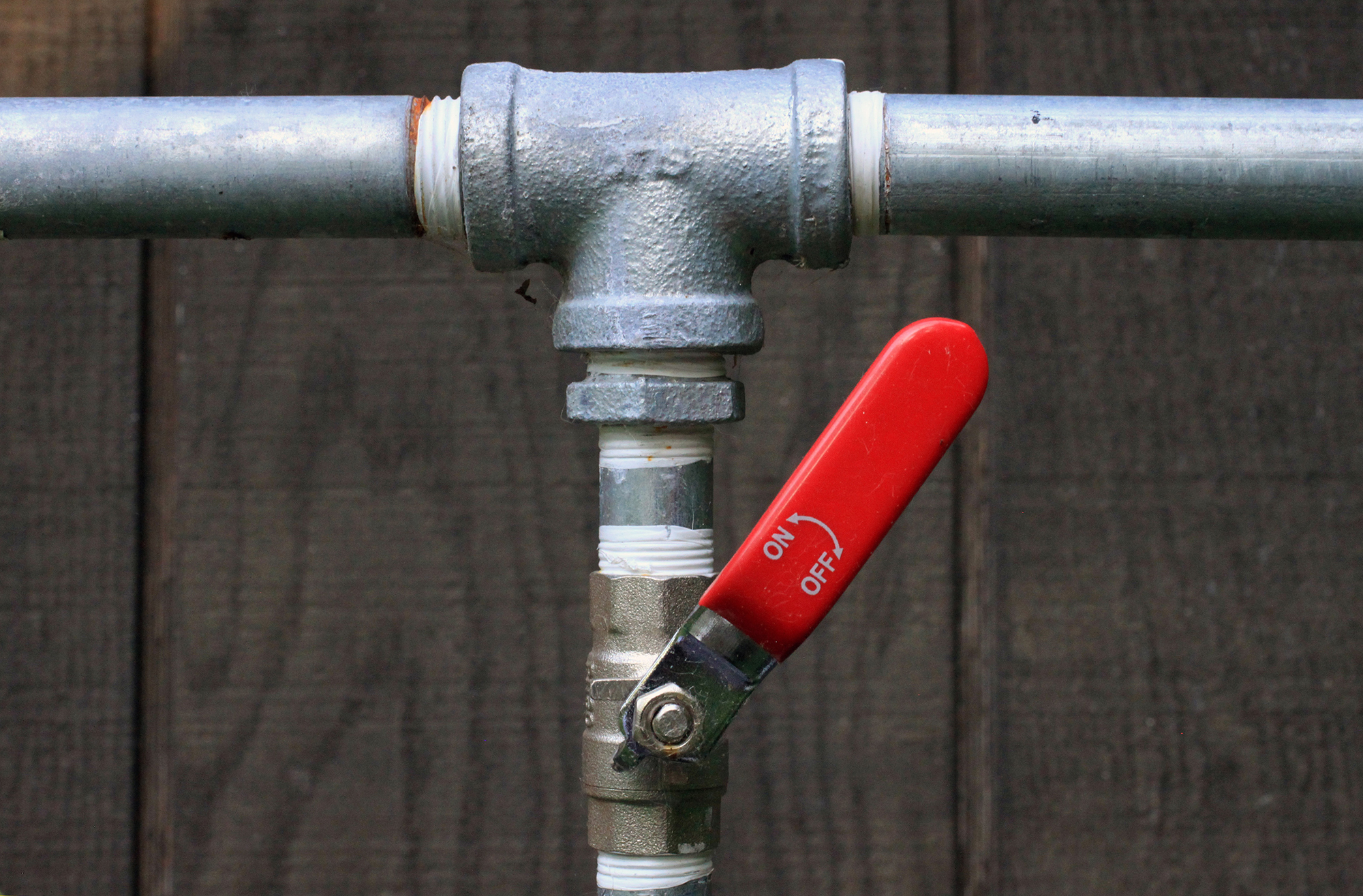


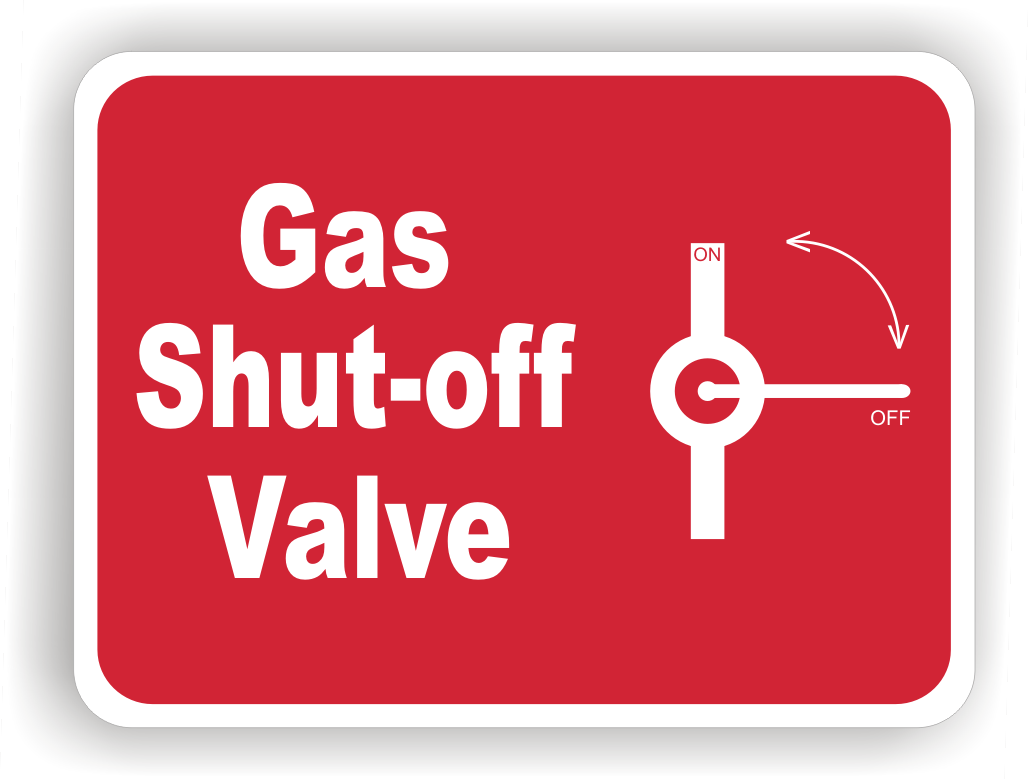

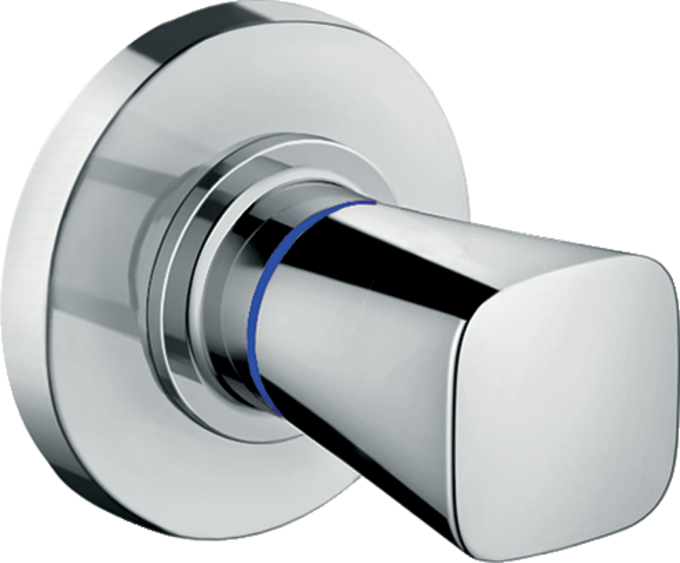
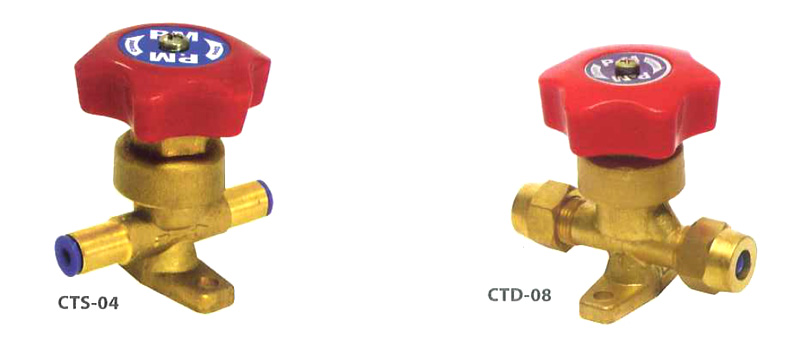

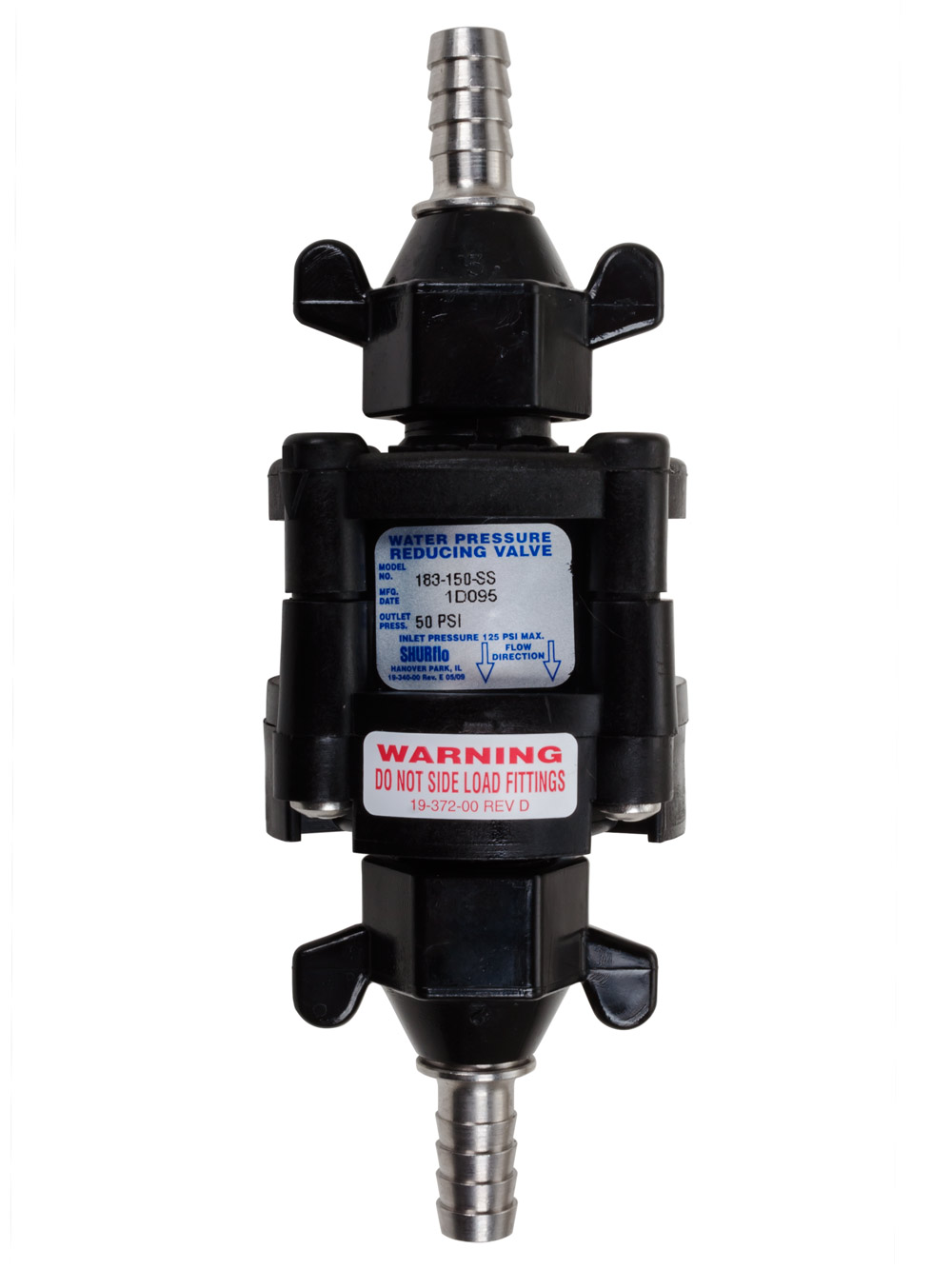


:max_bytes(150000):strip_icc()/the-men-s-hand-opens-the-ball-valve-on-the-collector-1006810456-5c5fc73fc9e77c000159c4af.jpg)


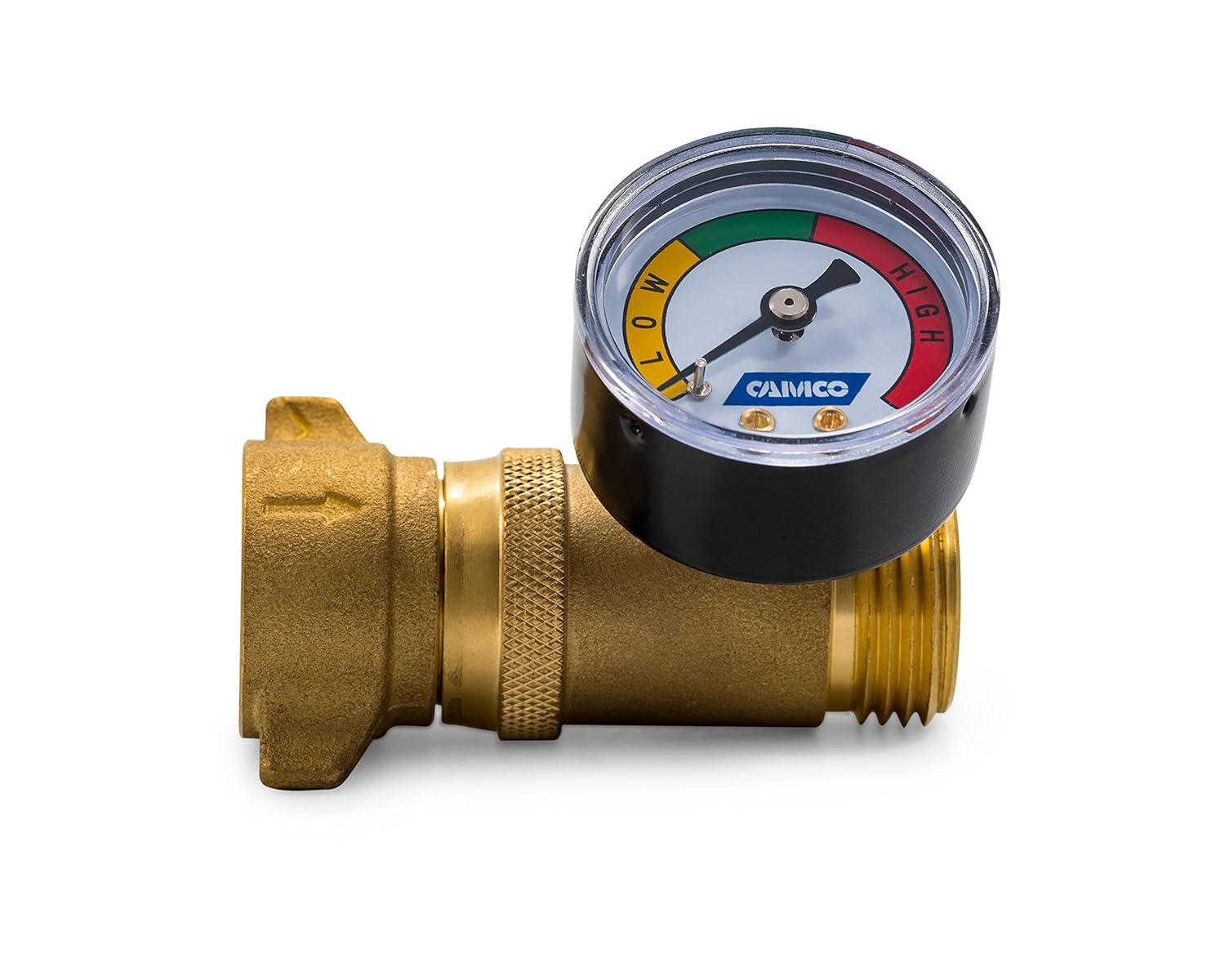


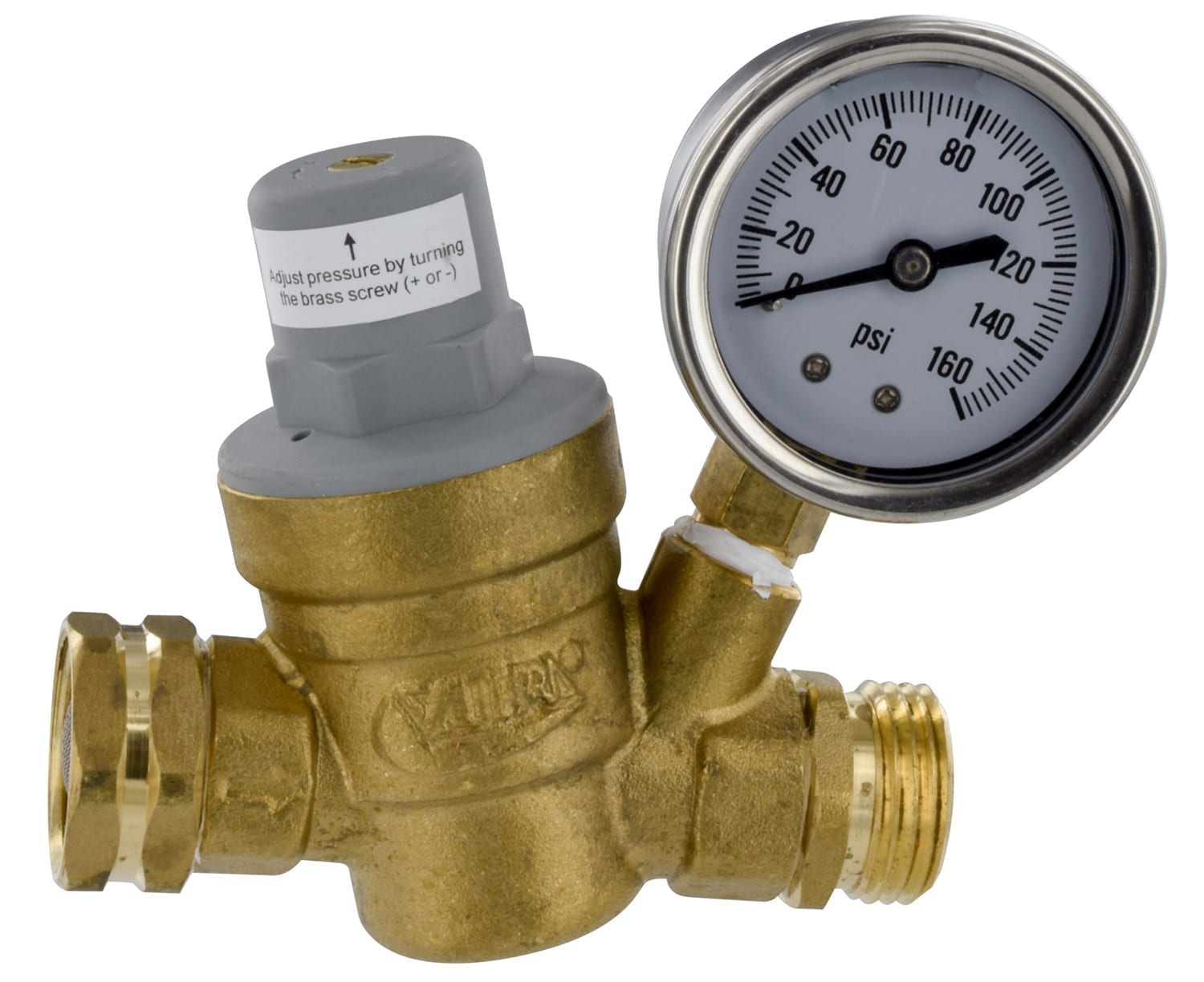



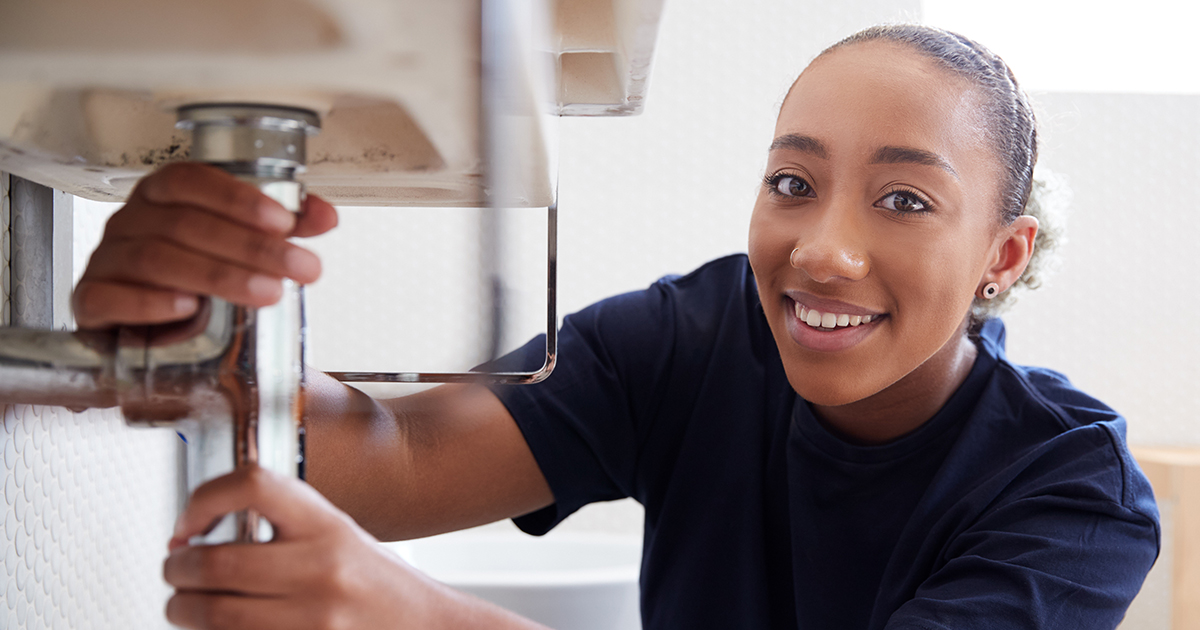

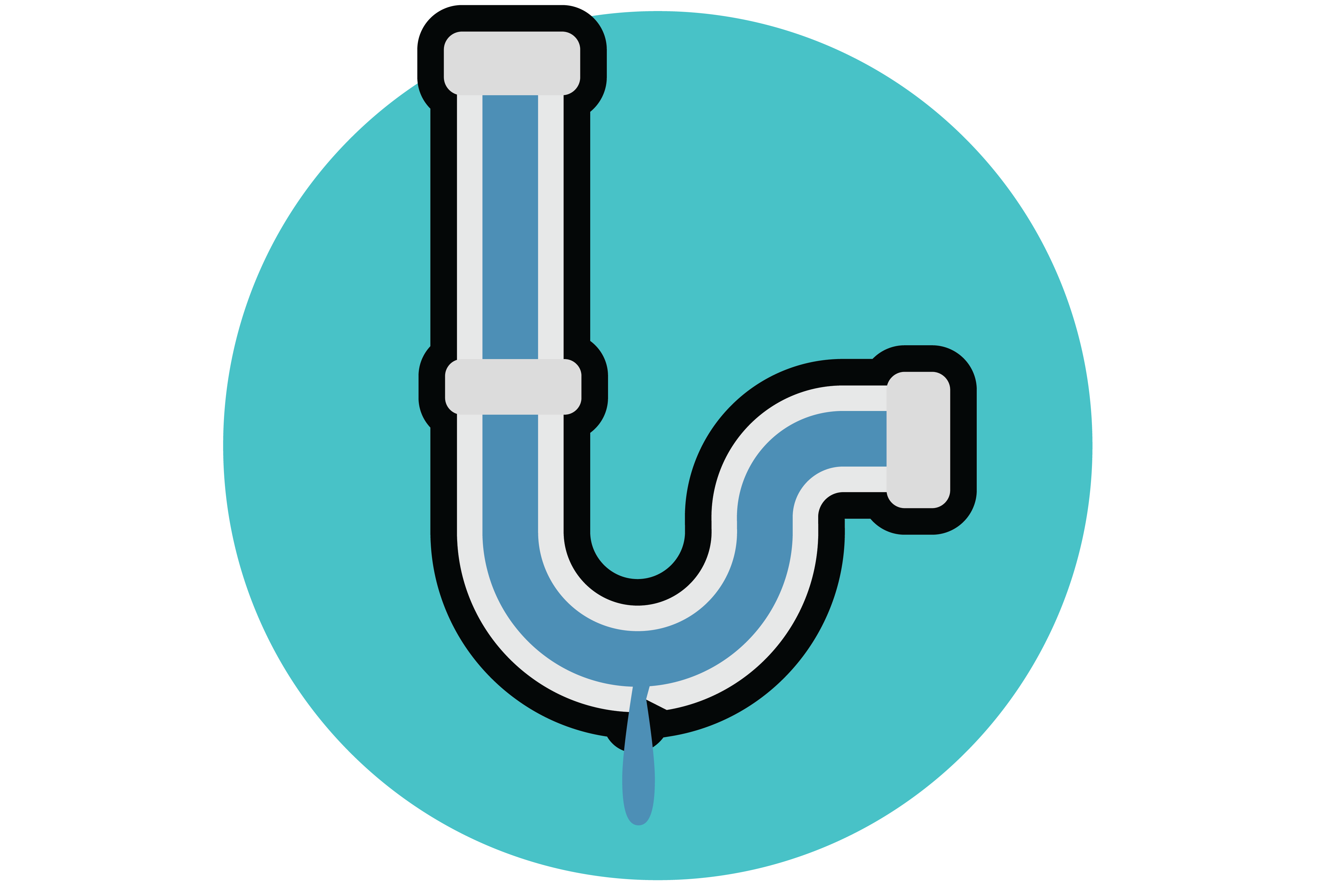

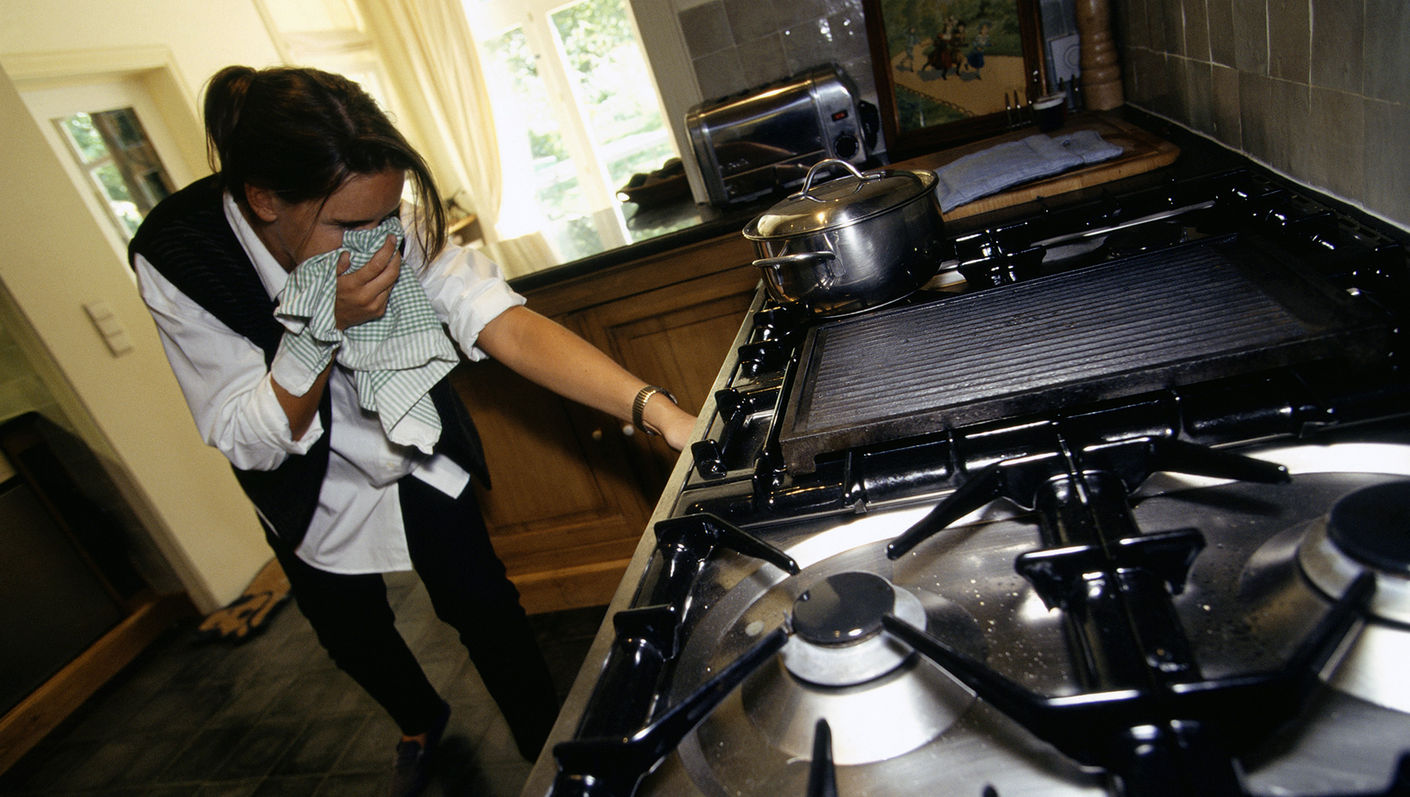

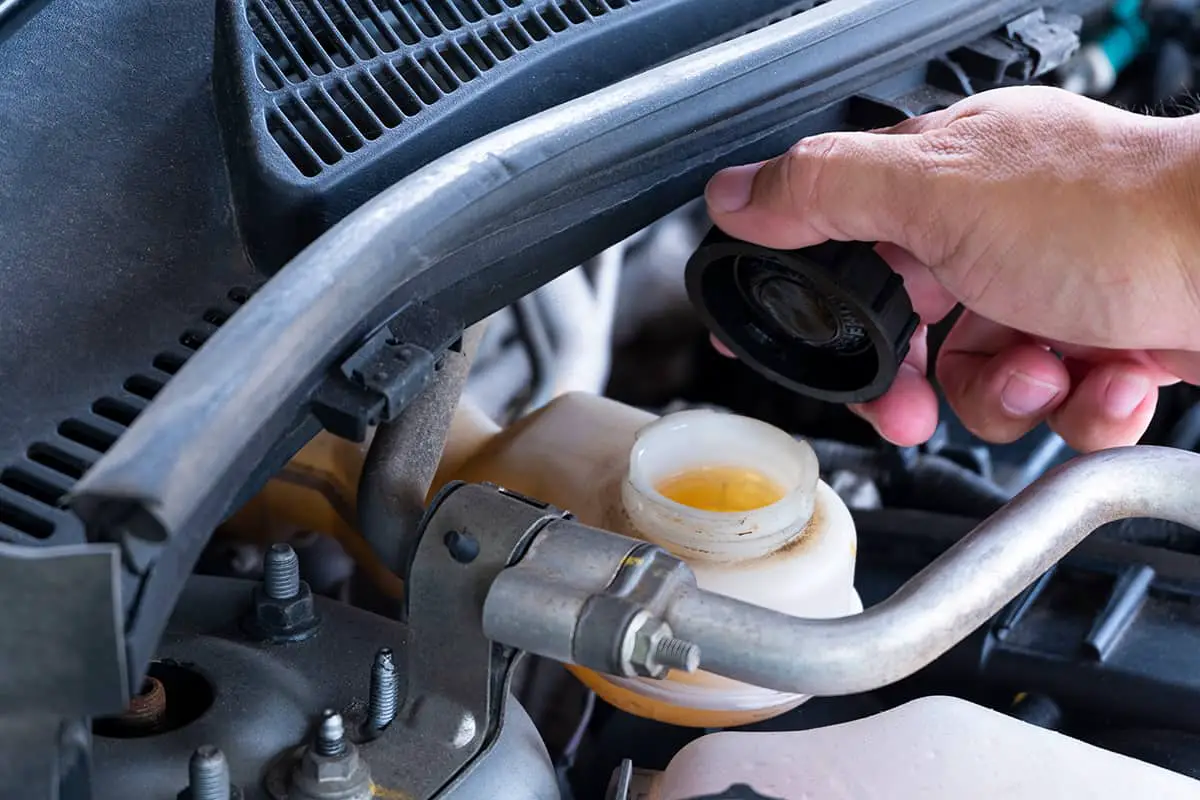

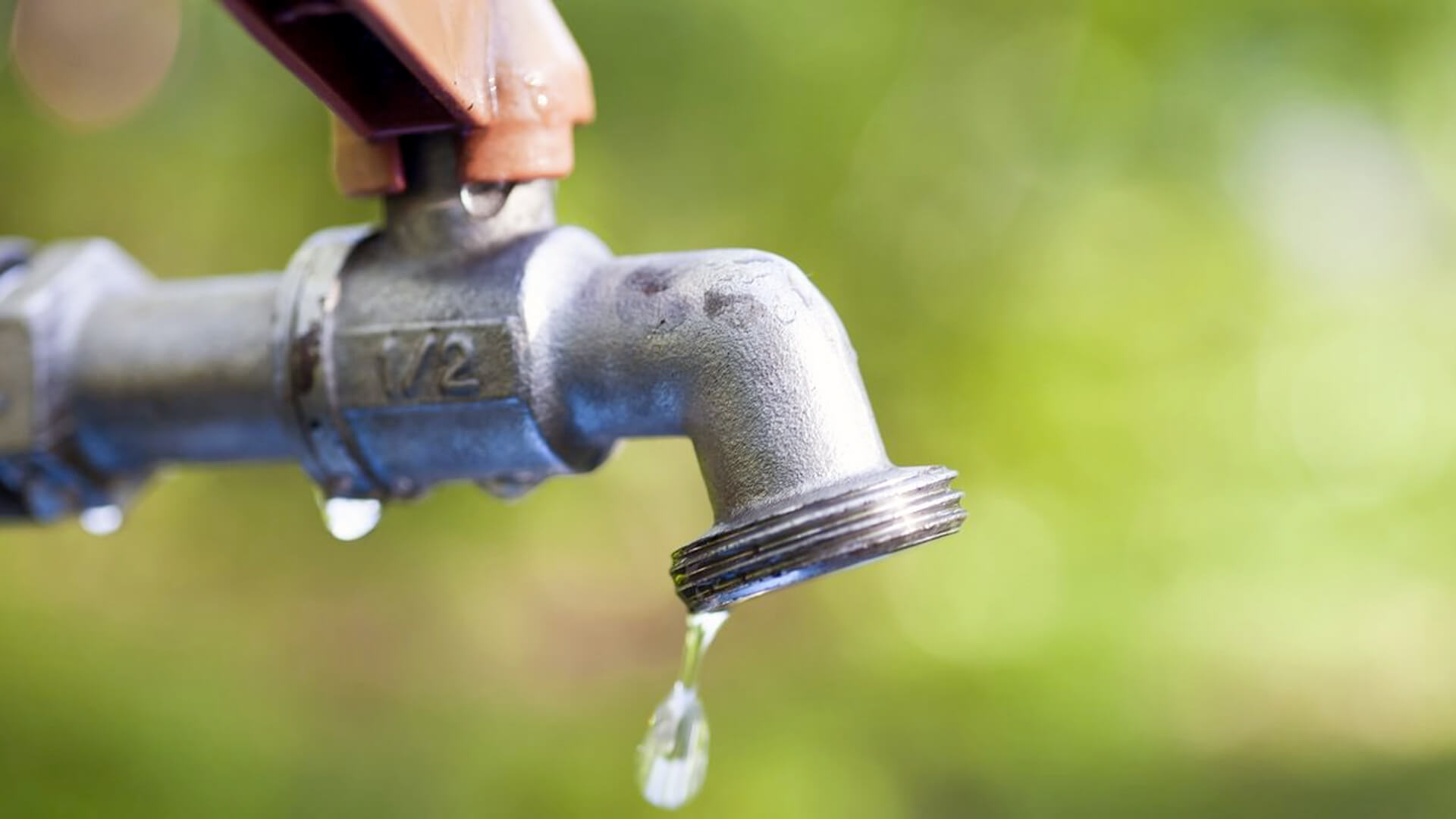
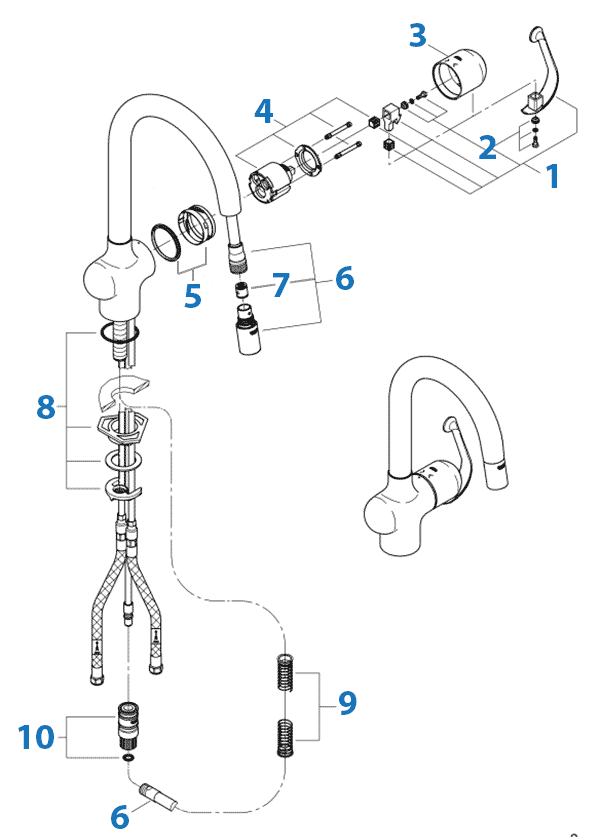





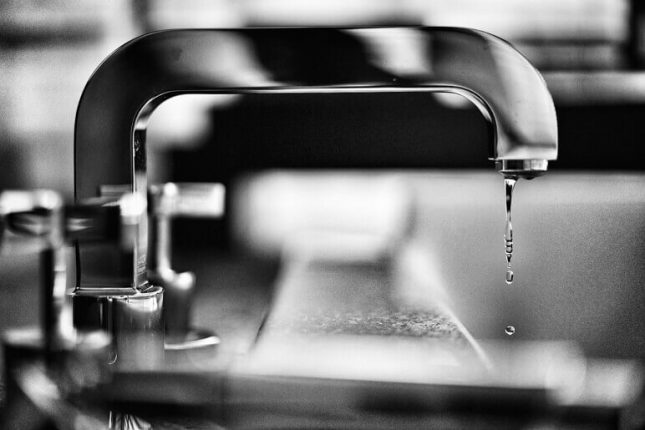



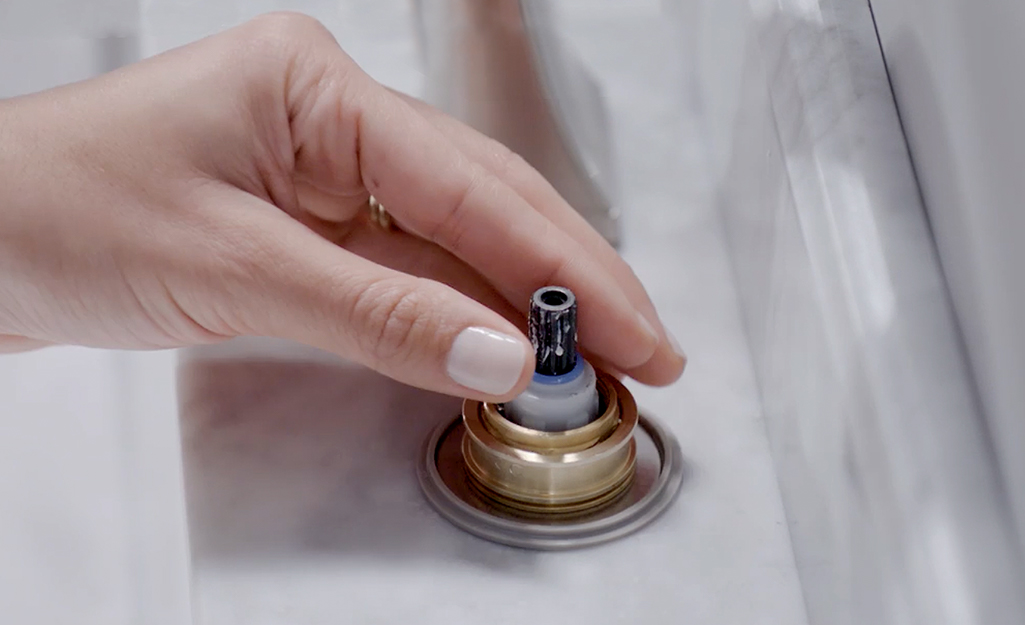







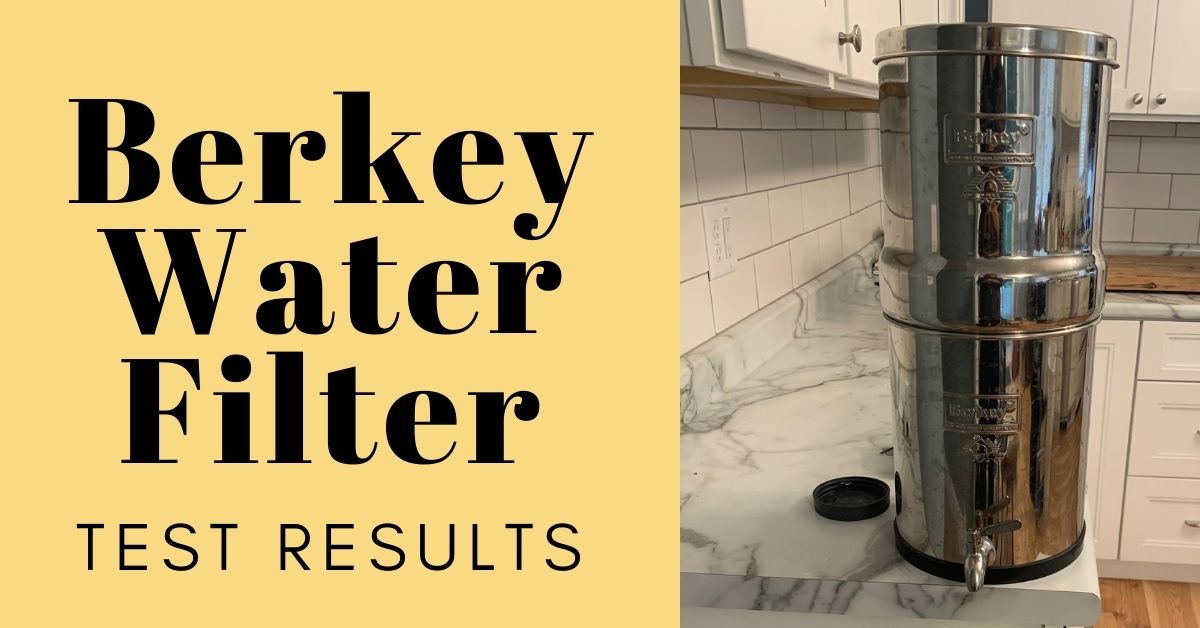
/cdn.vox-cdn.com/uploads/chorus_image/image/63879746/WaterFilter_2.0.jpg)
